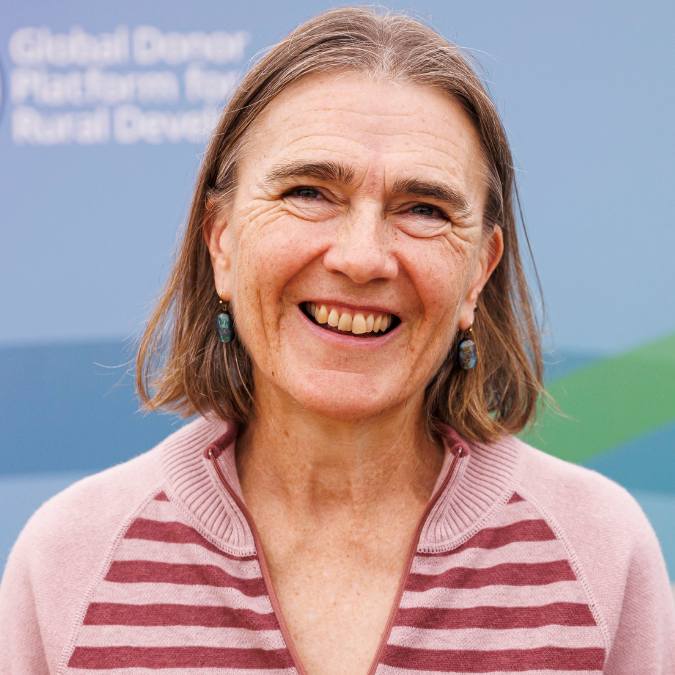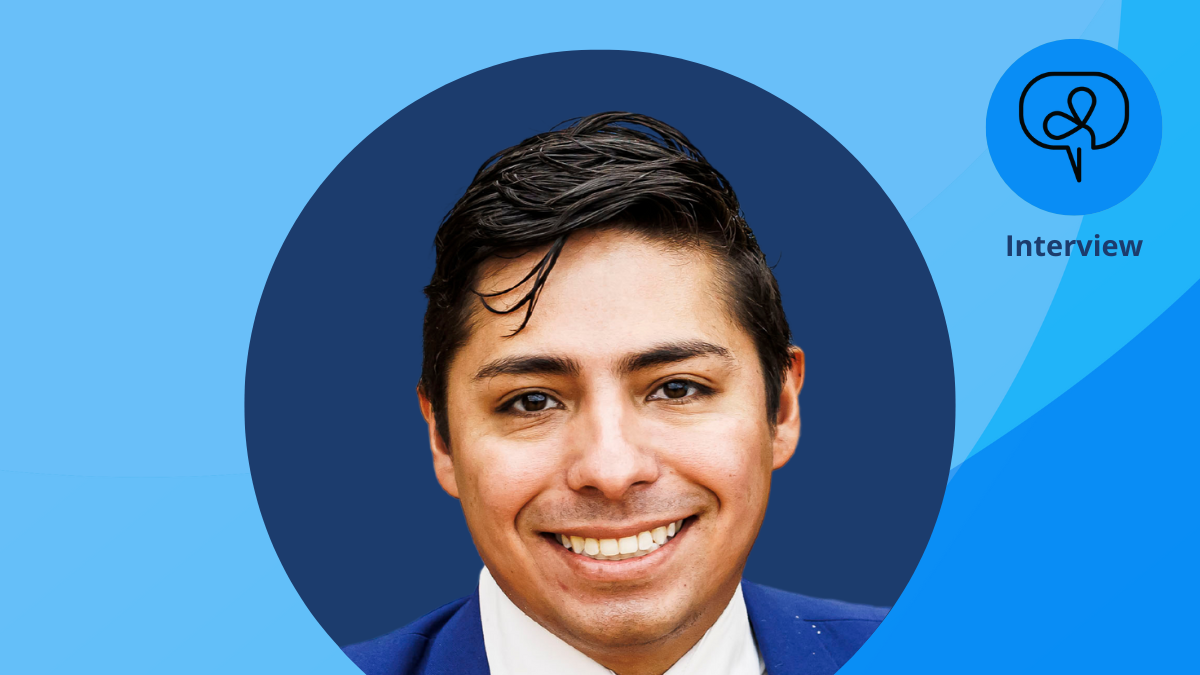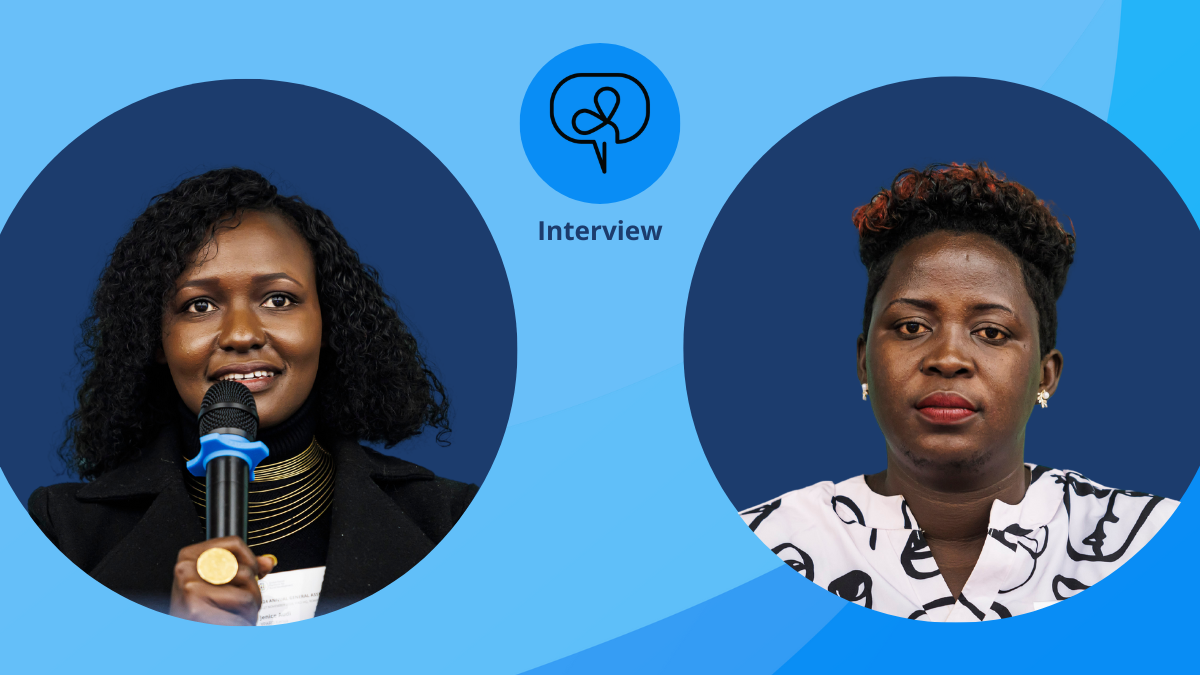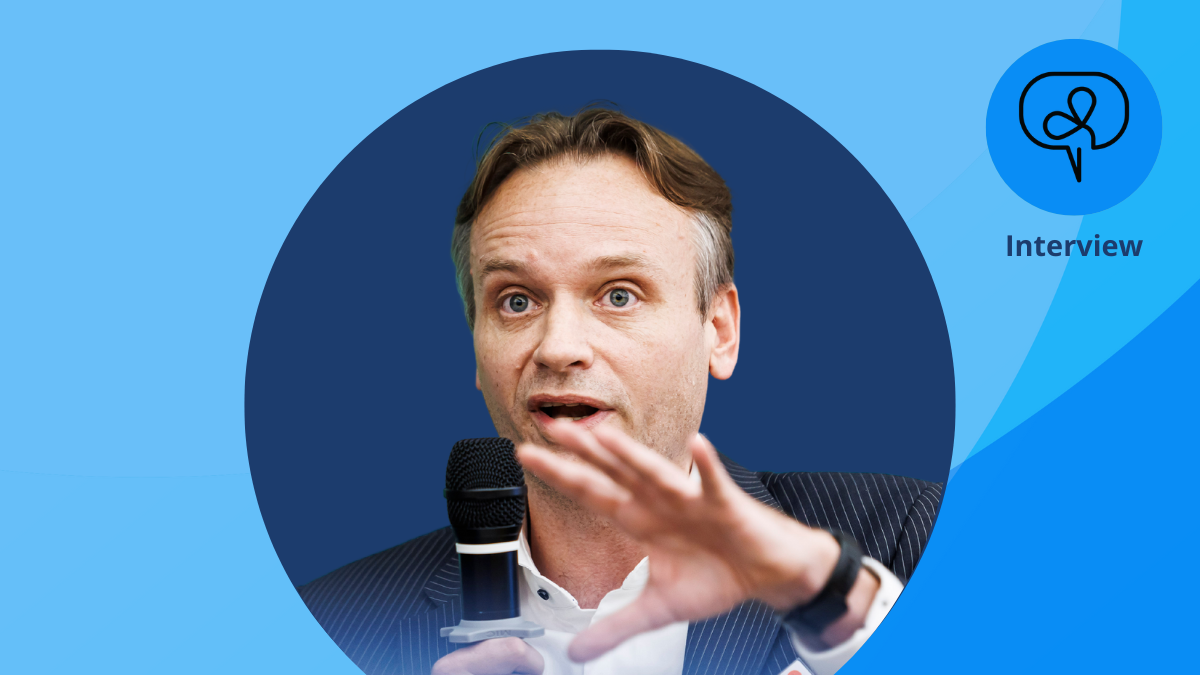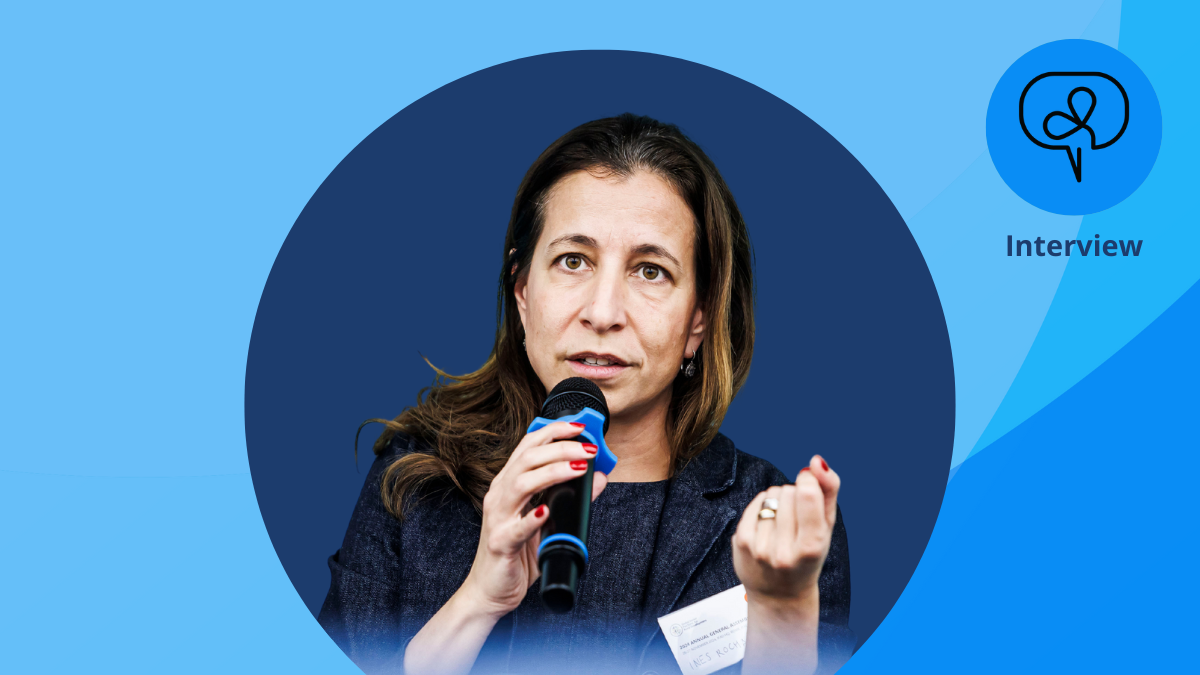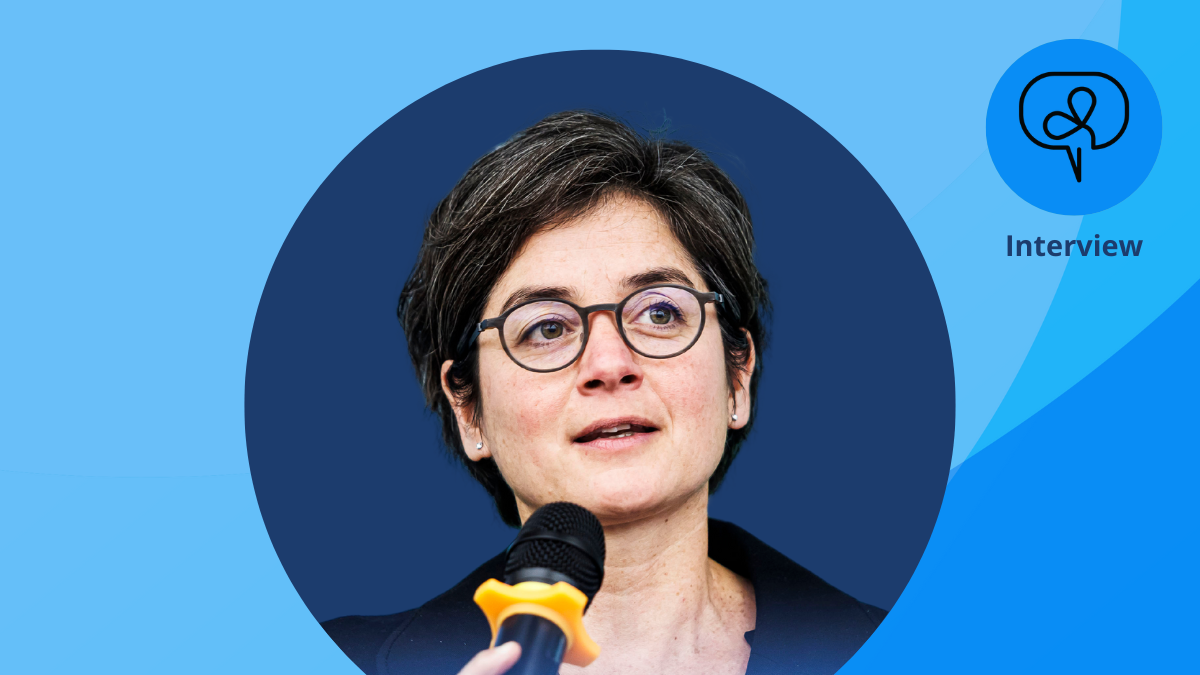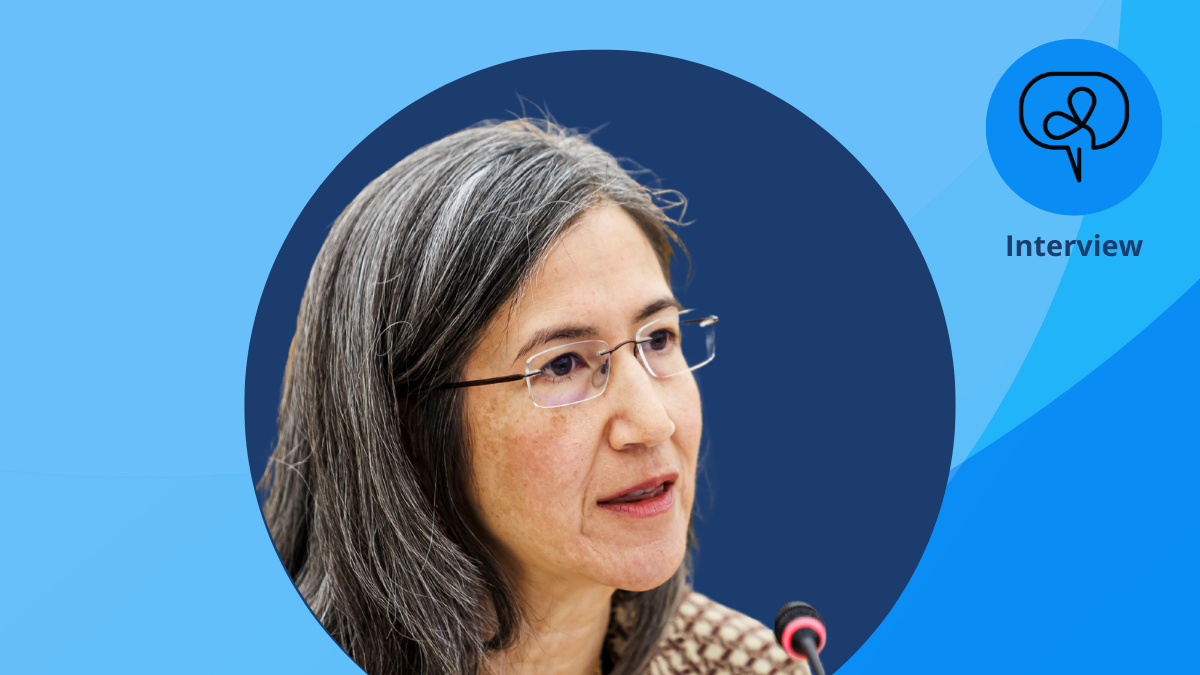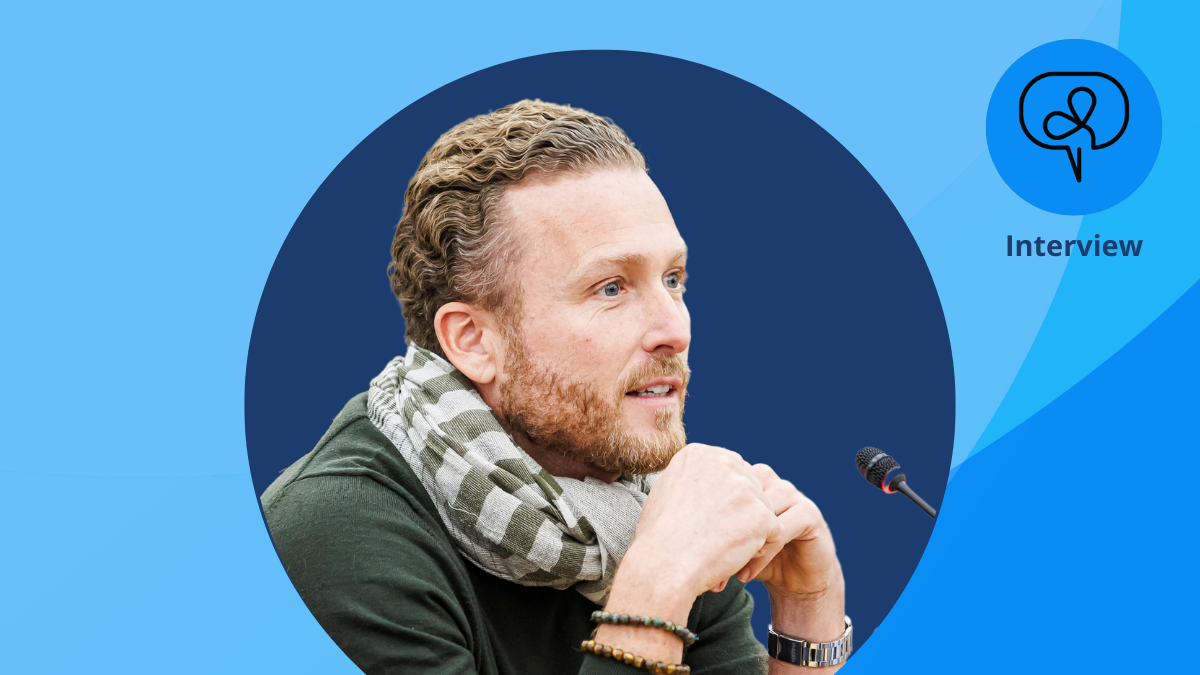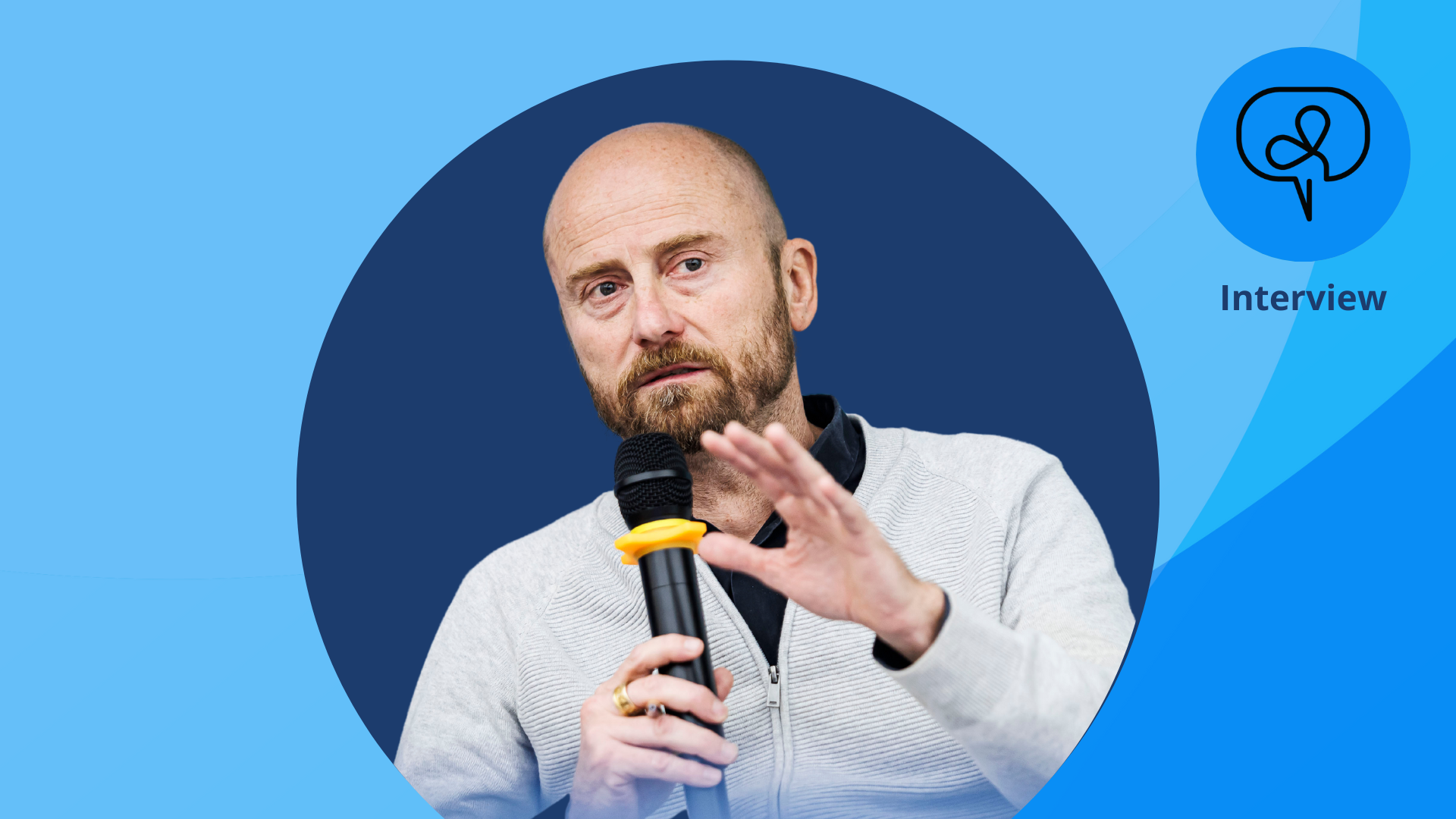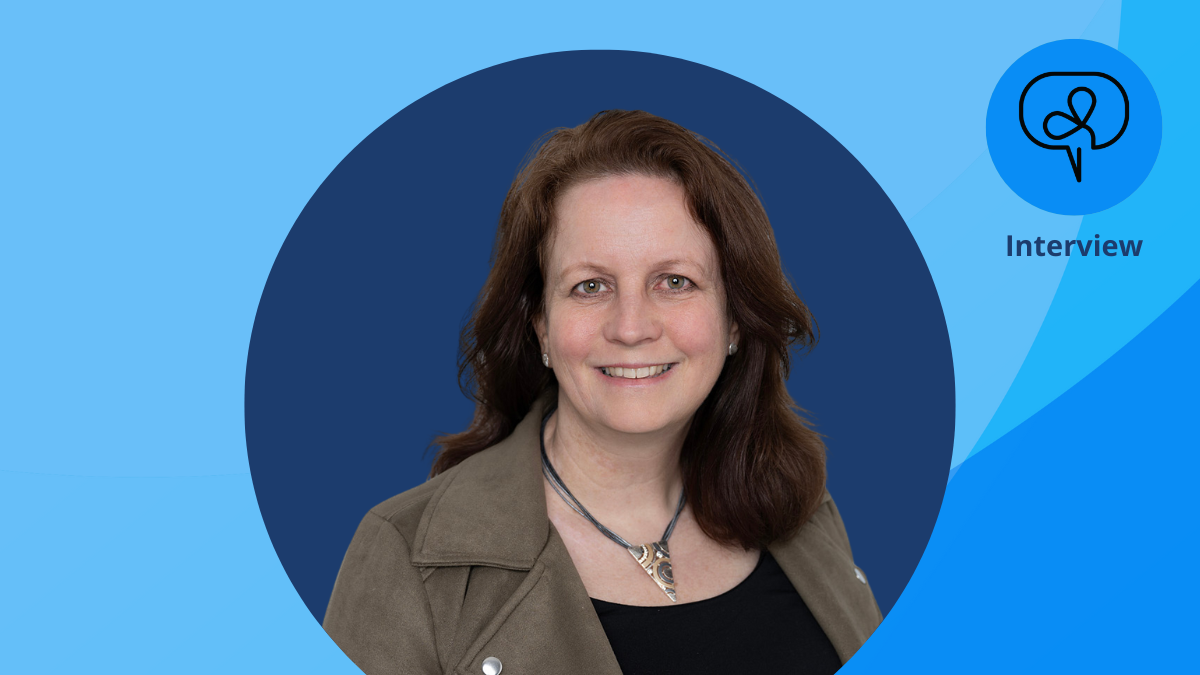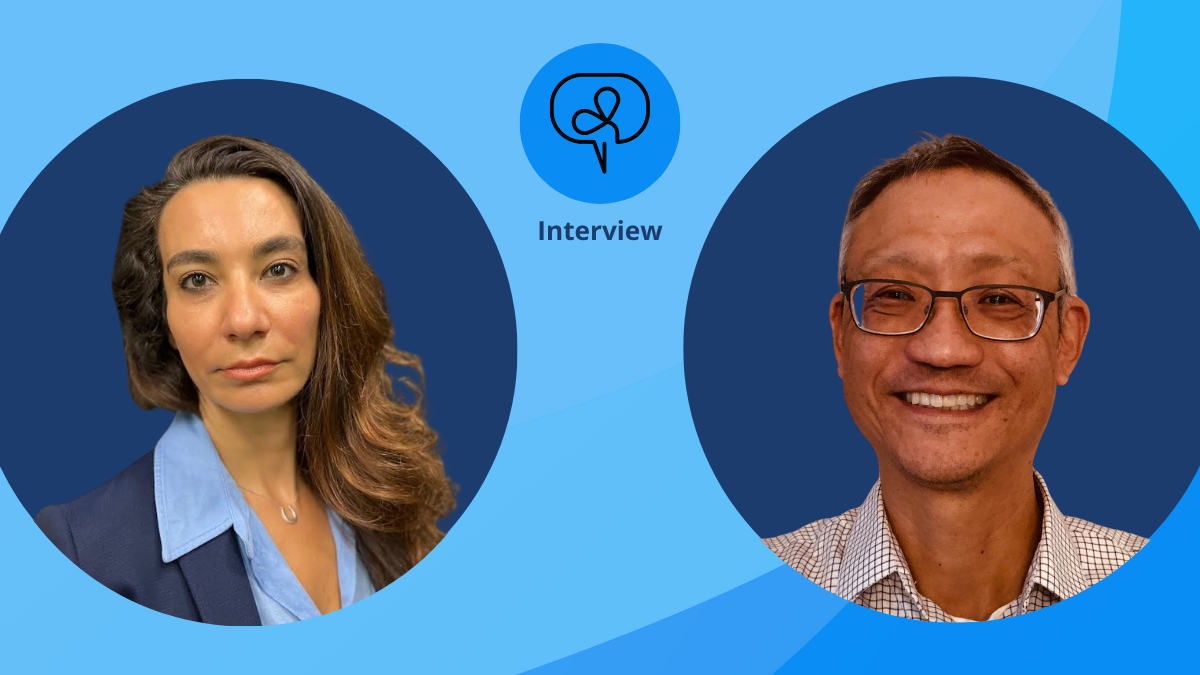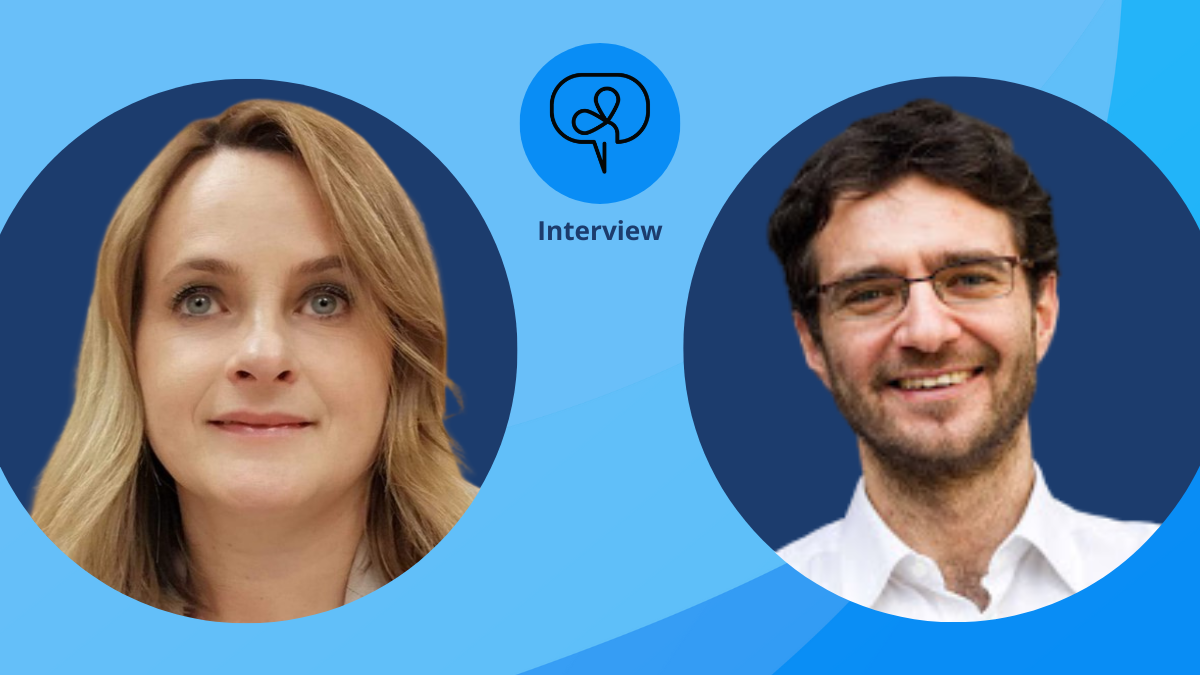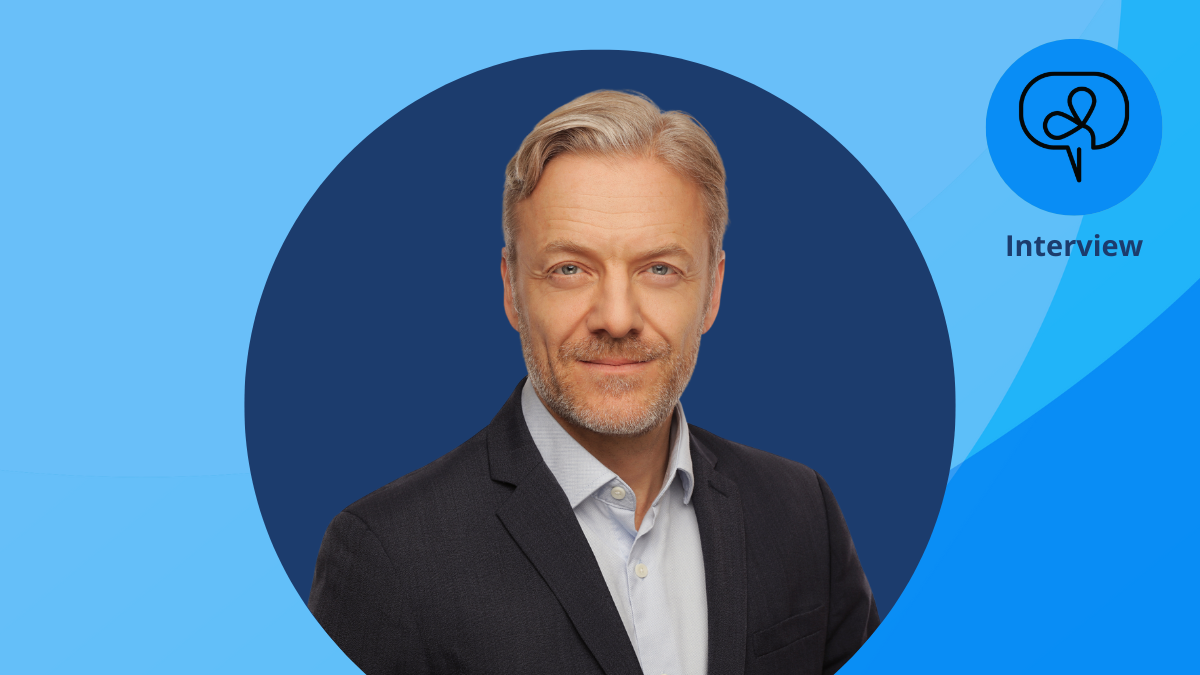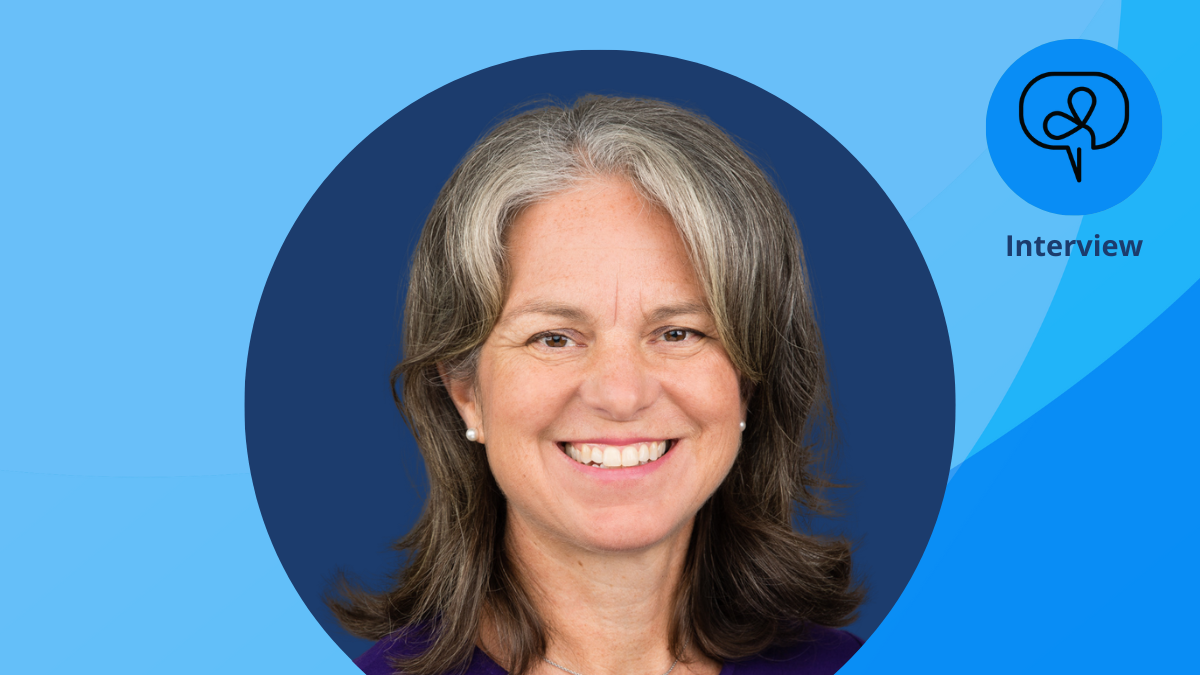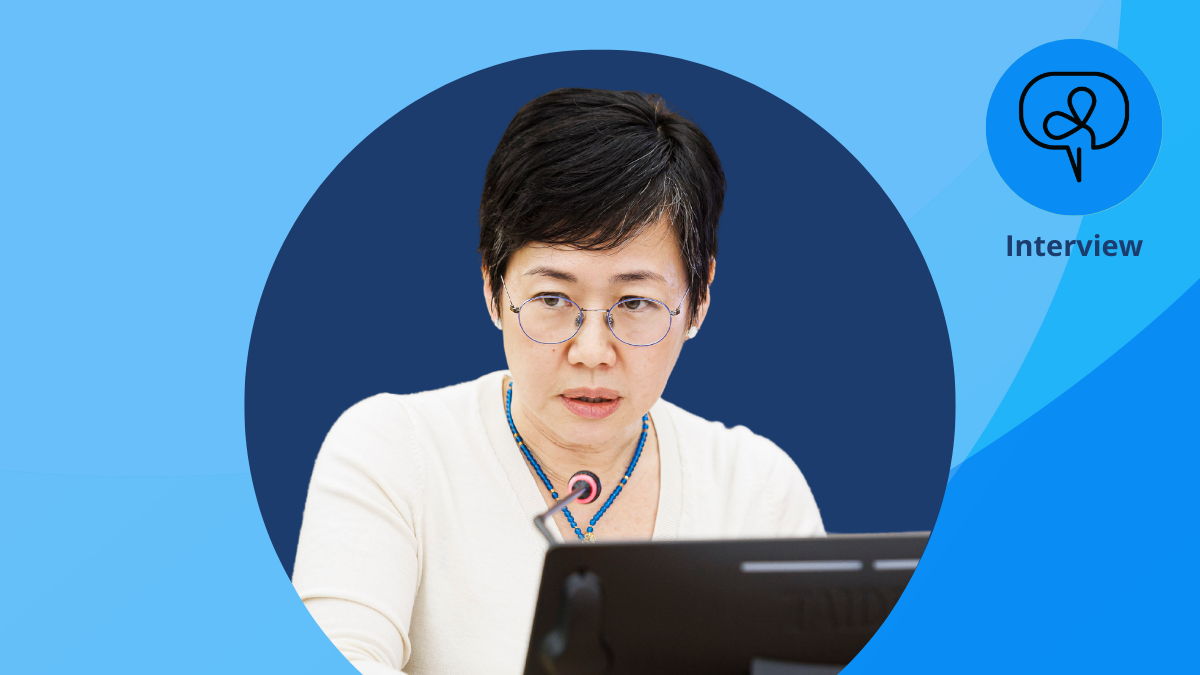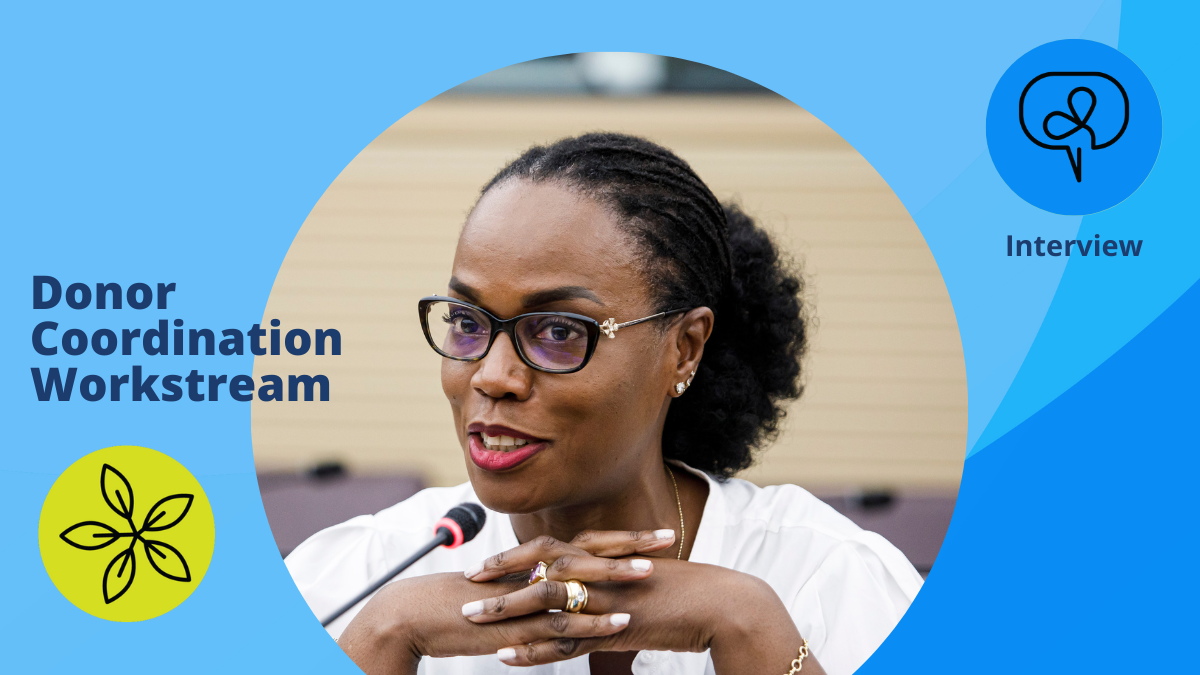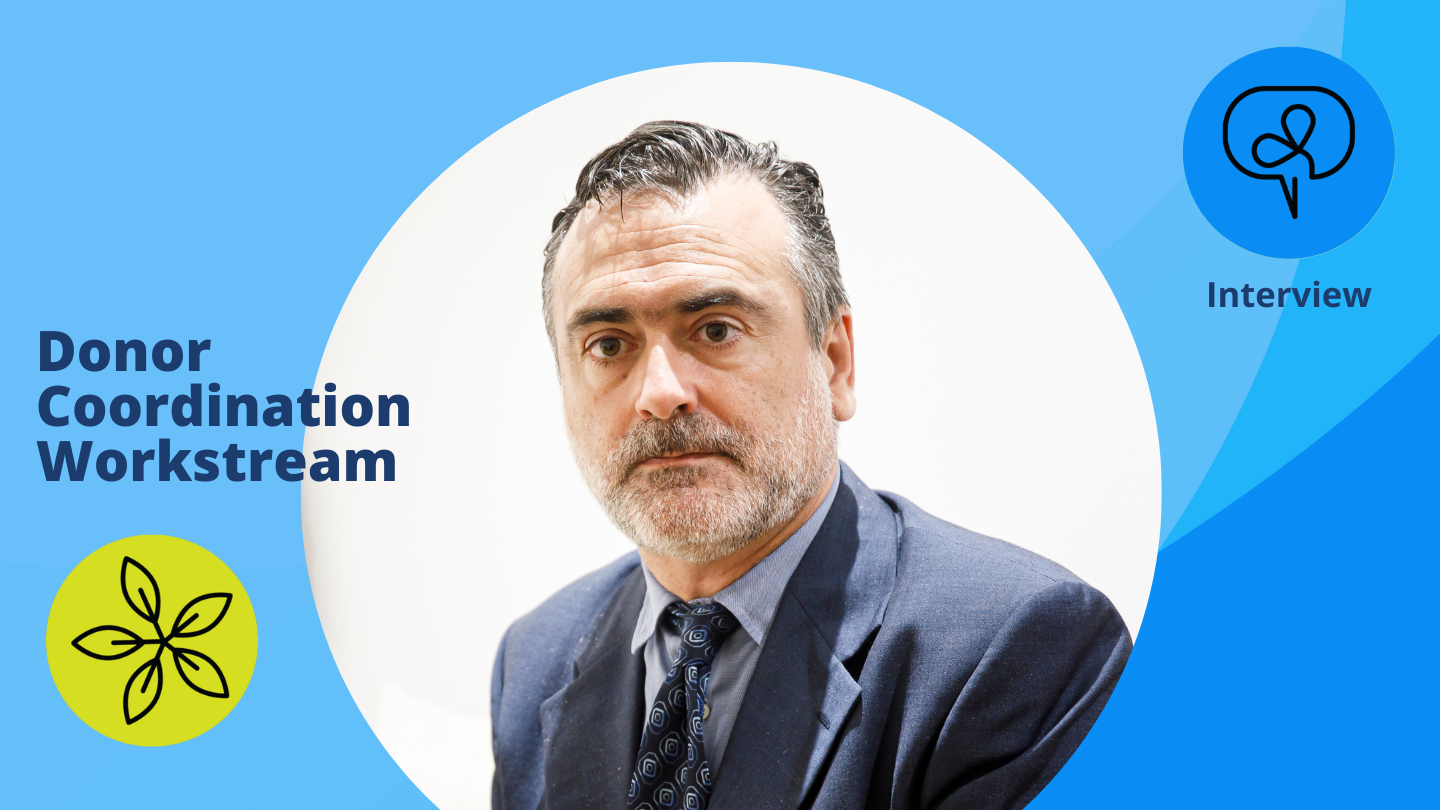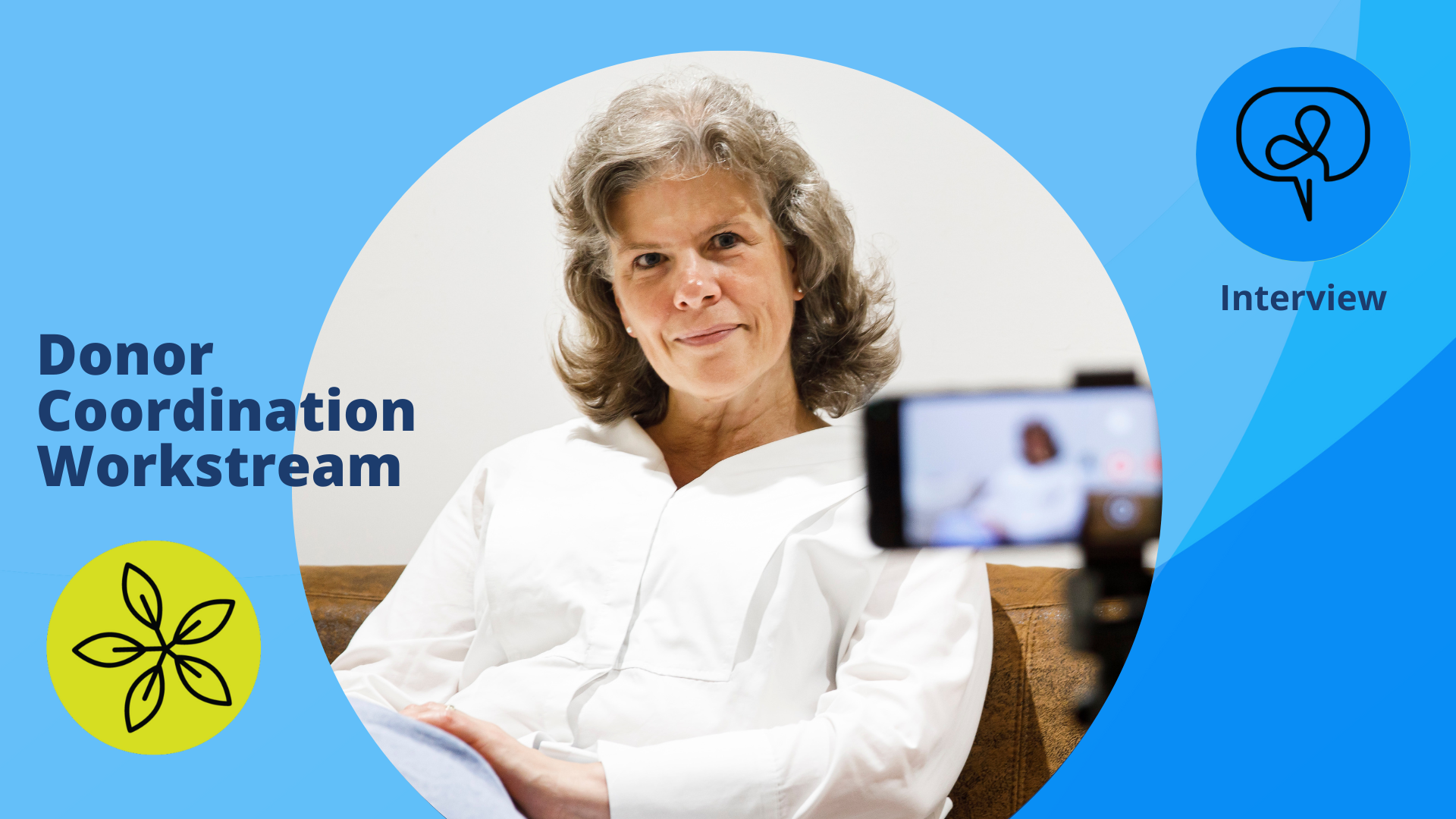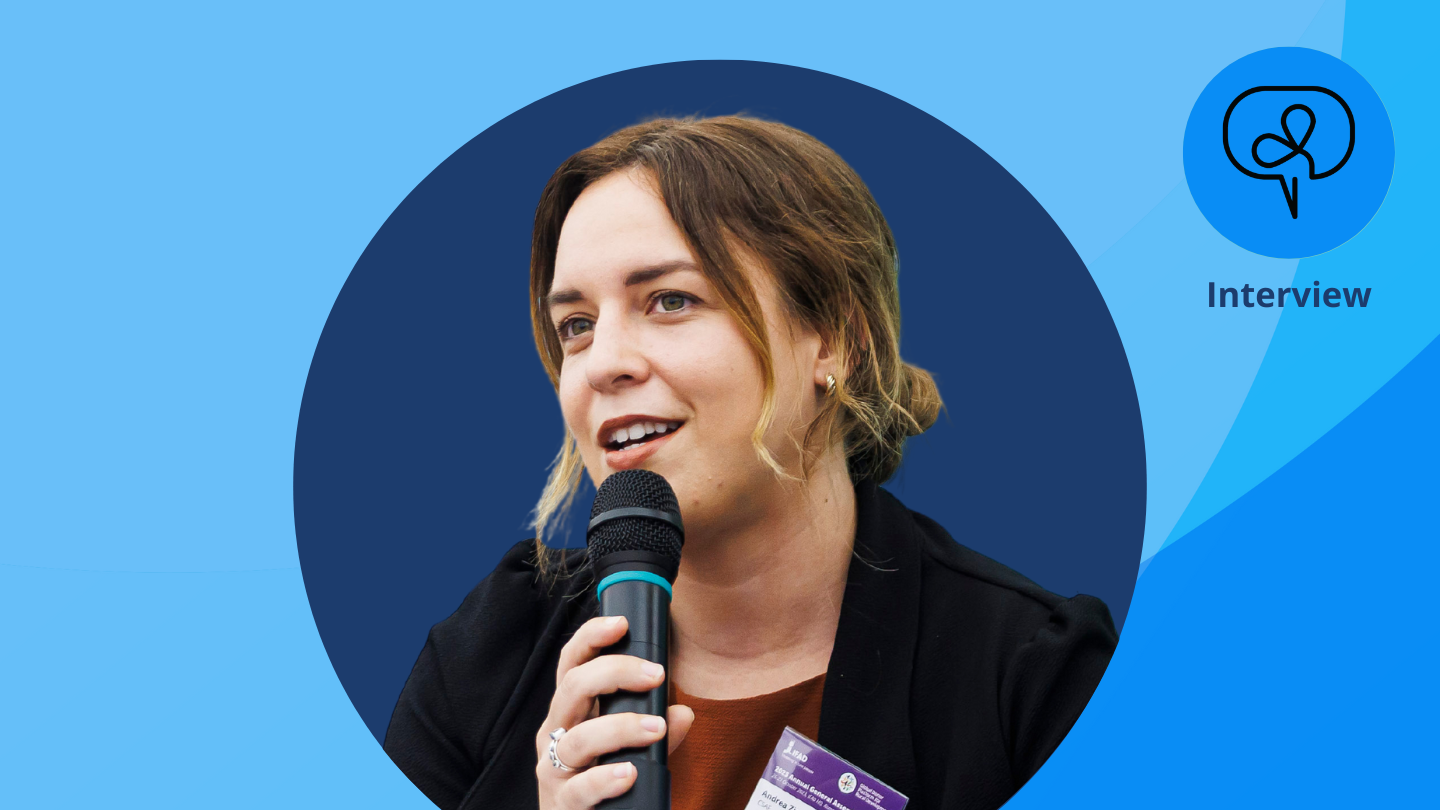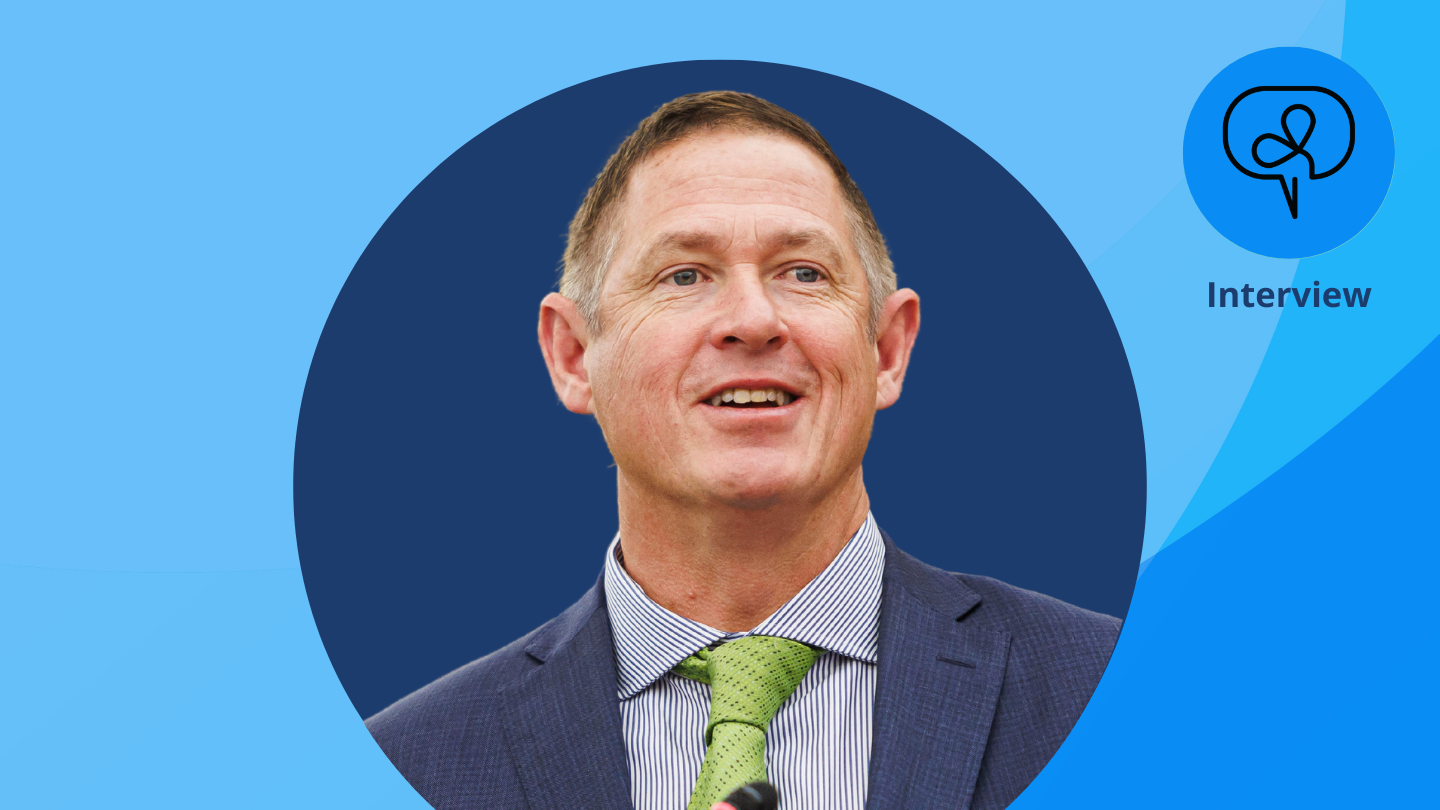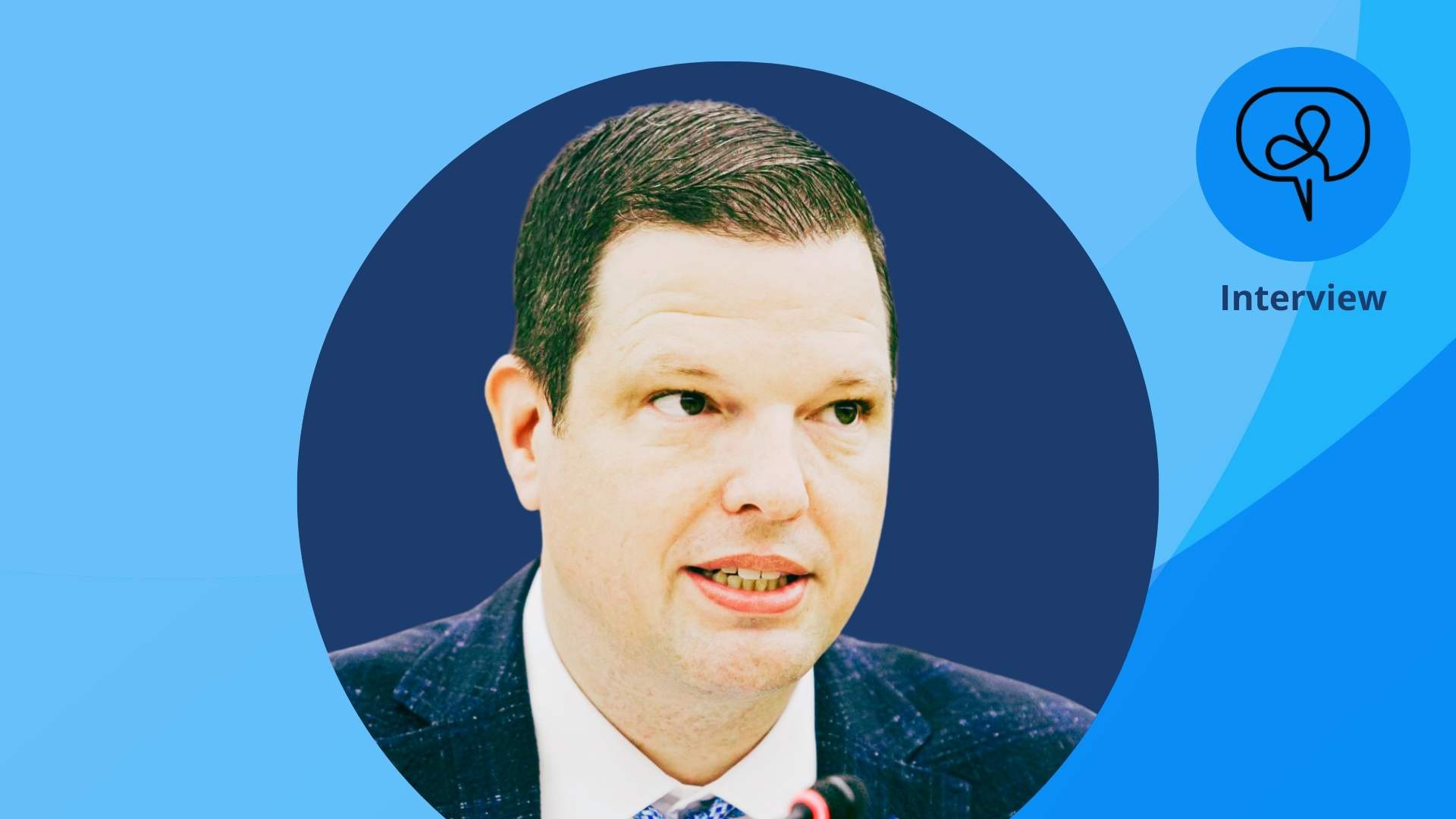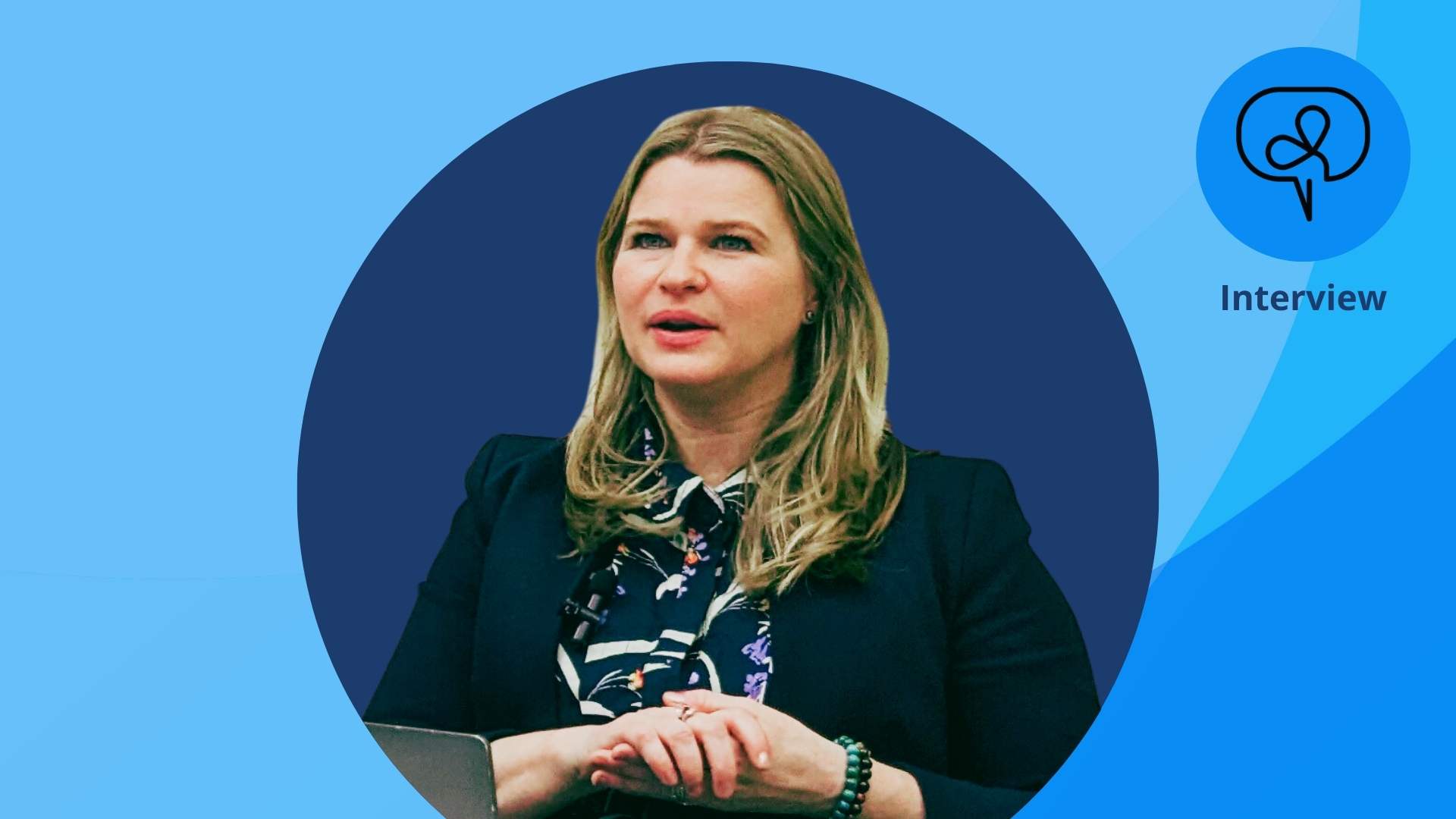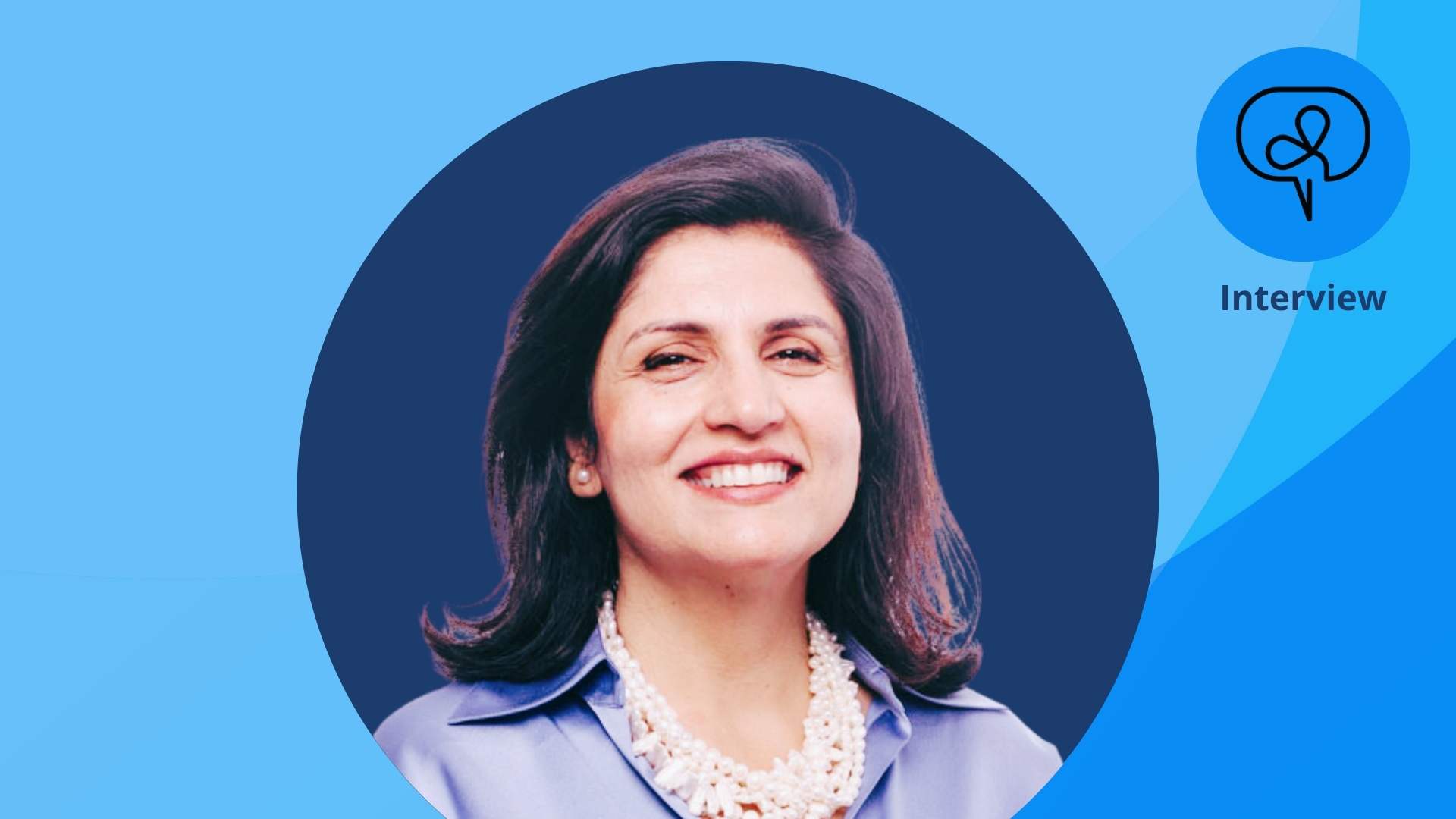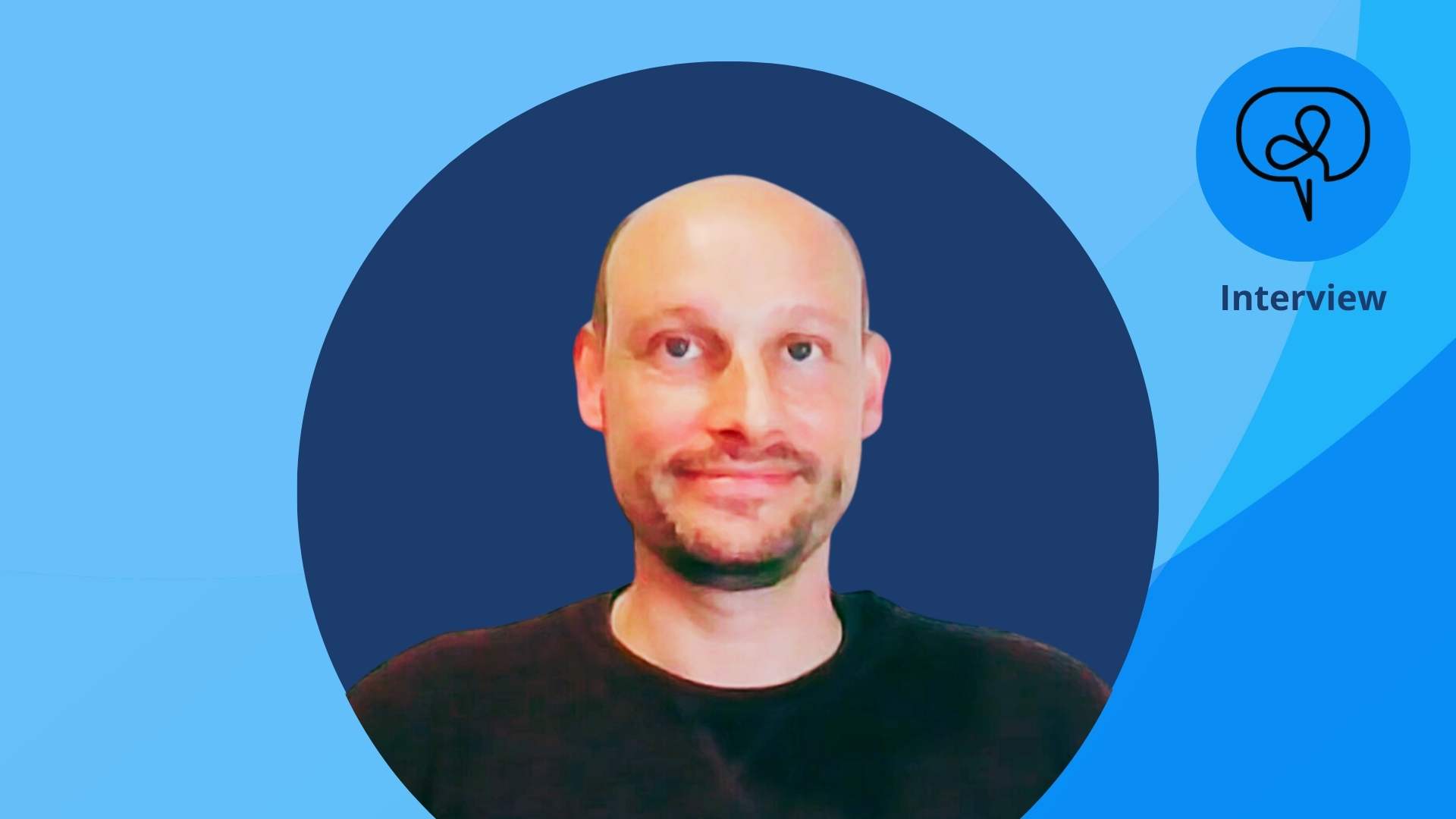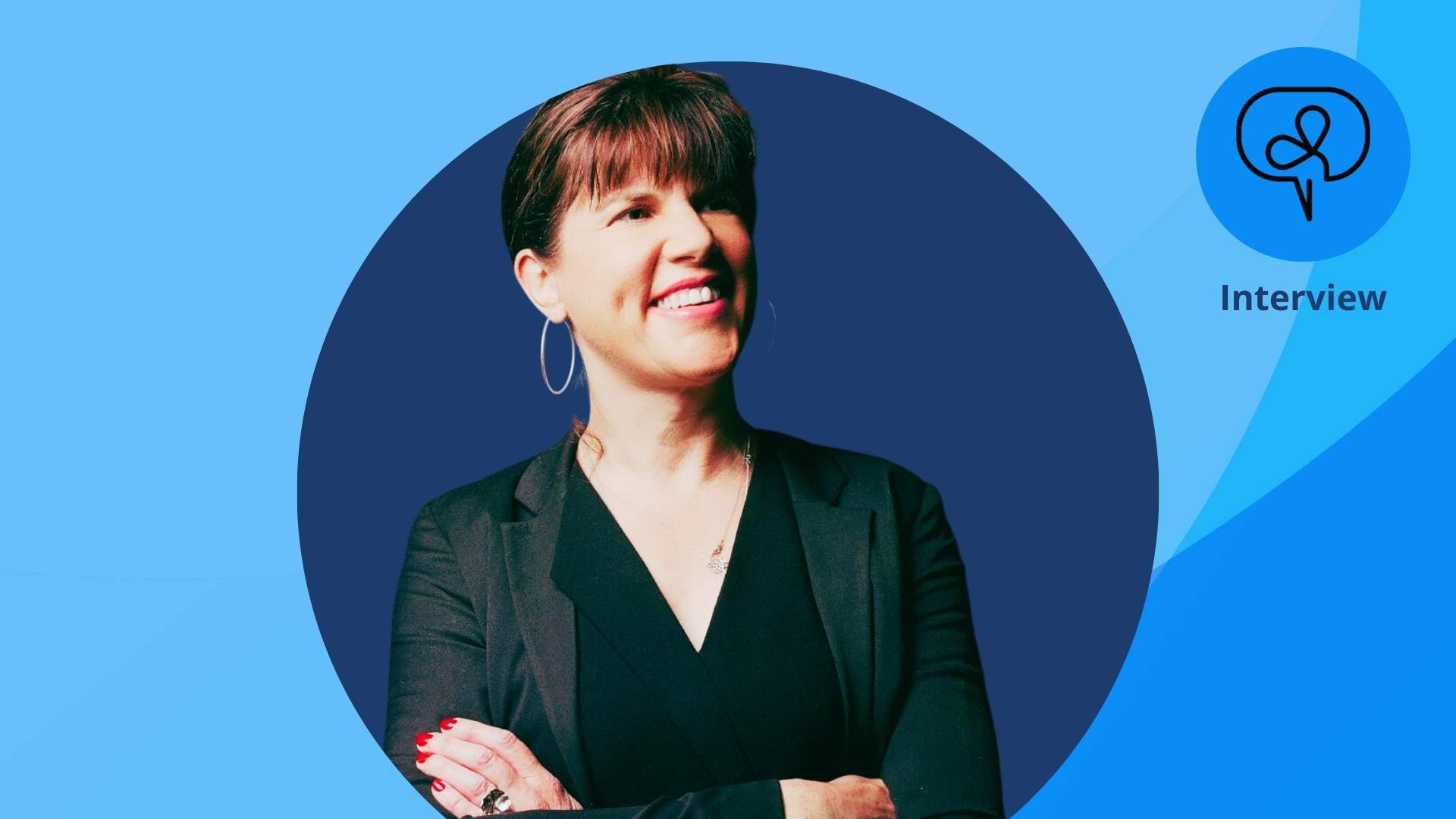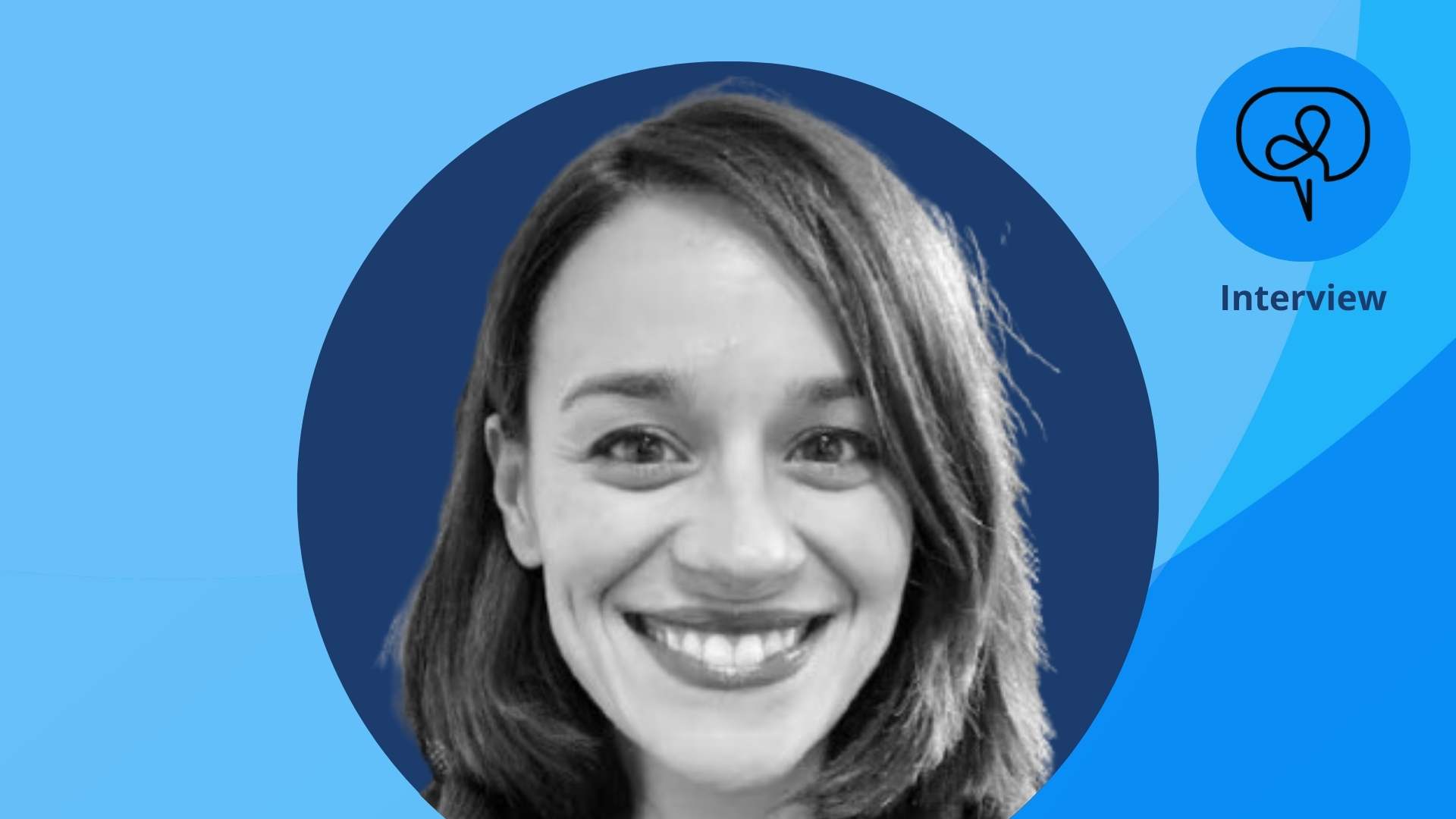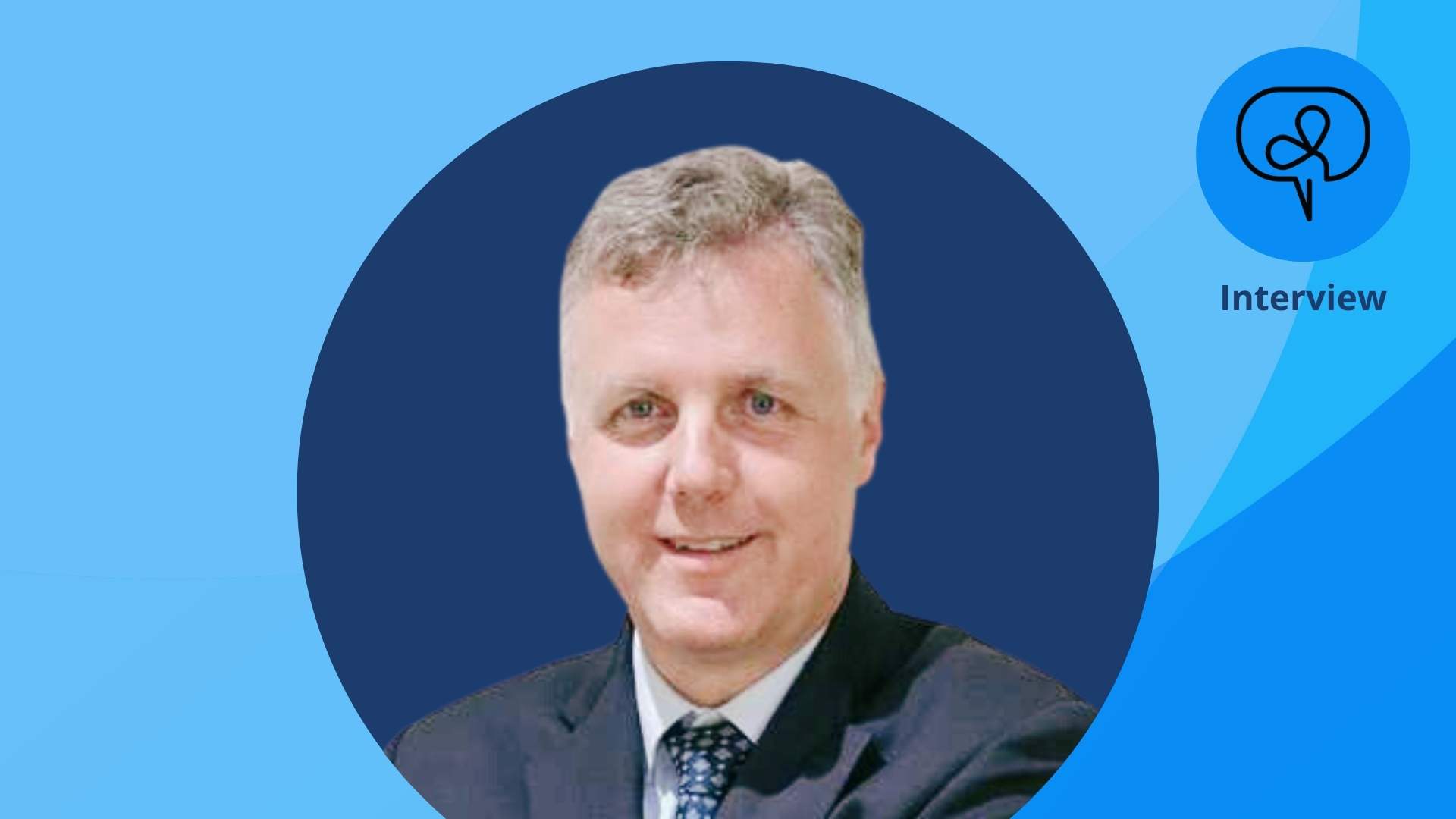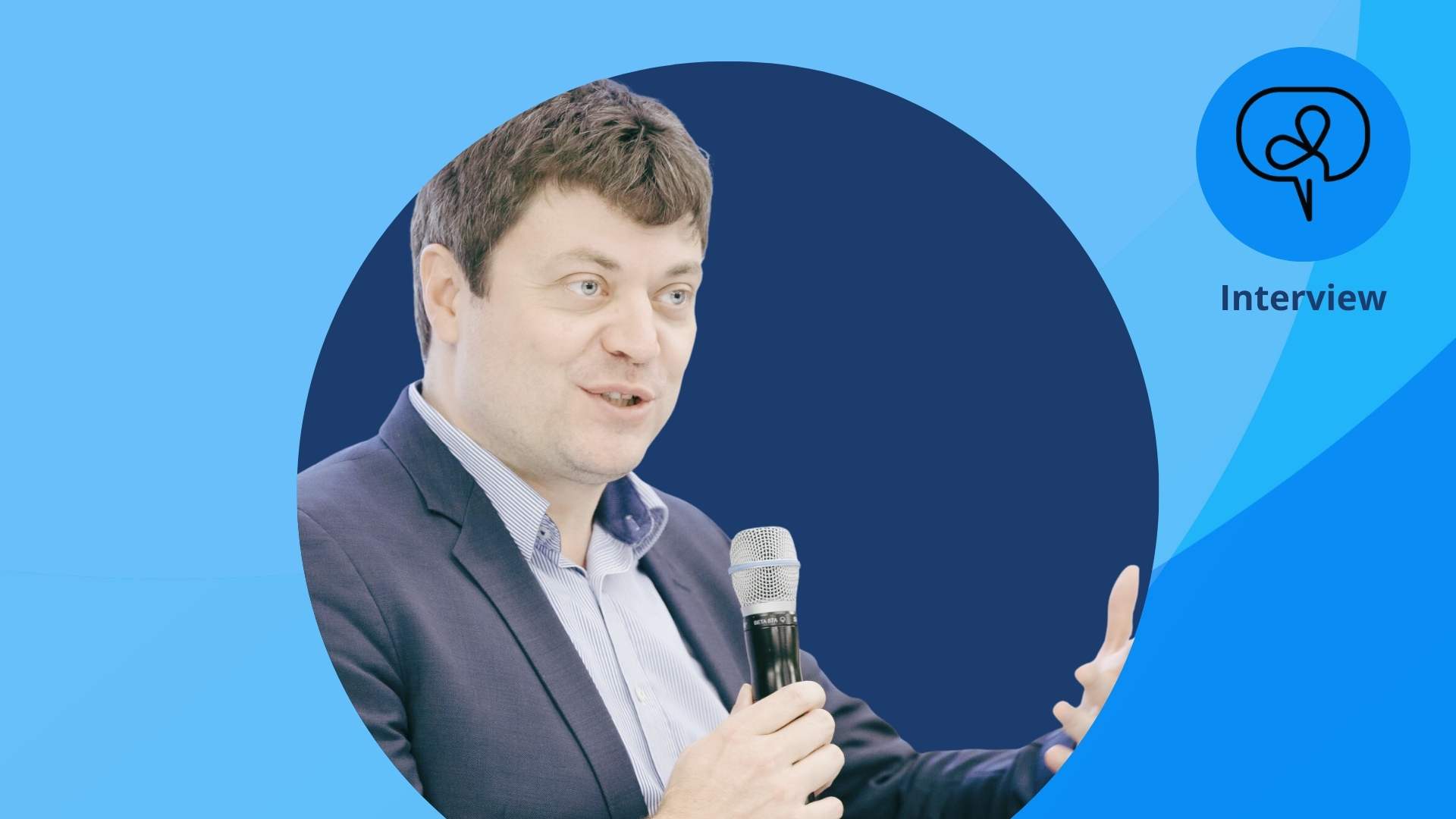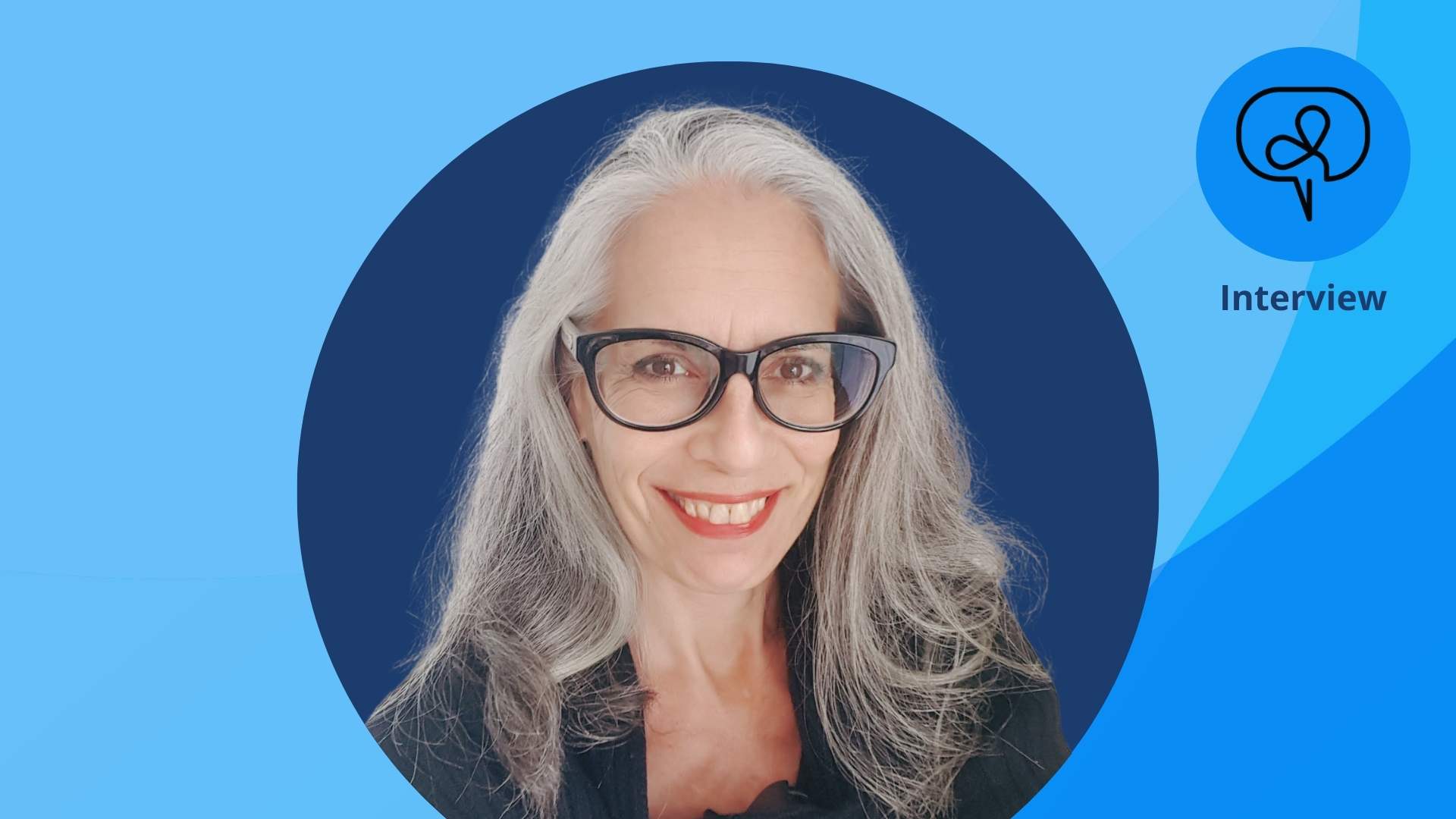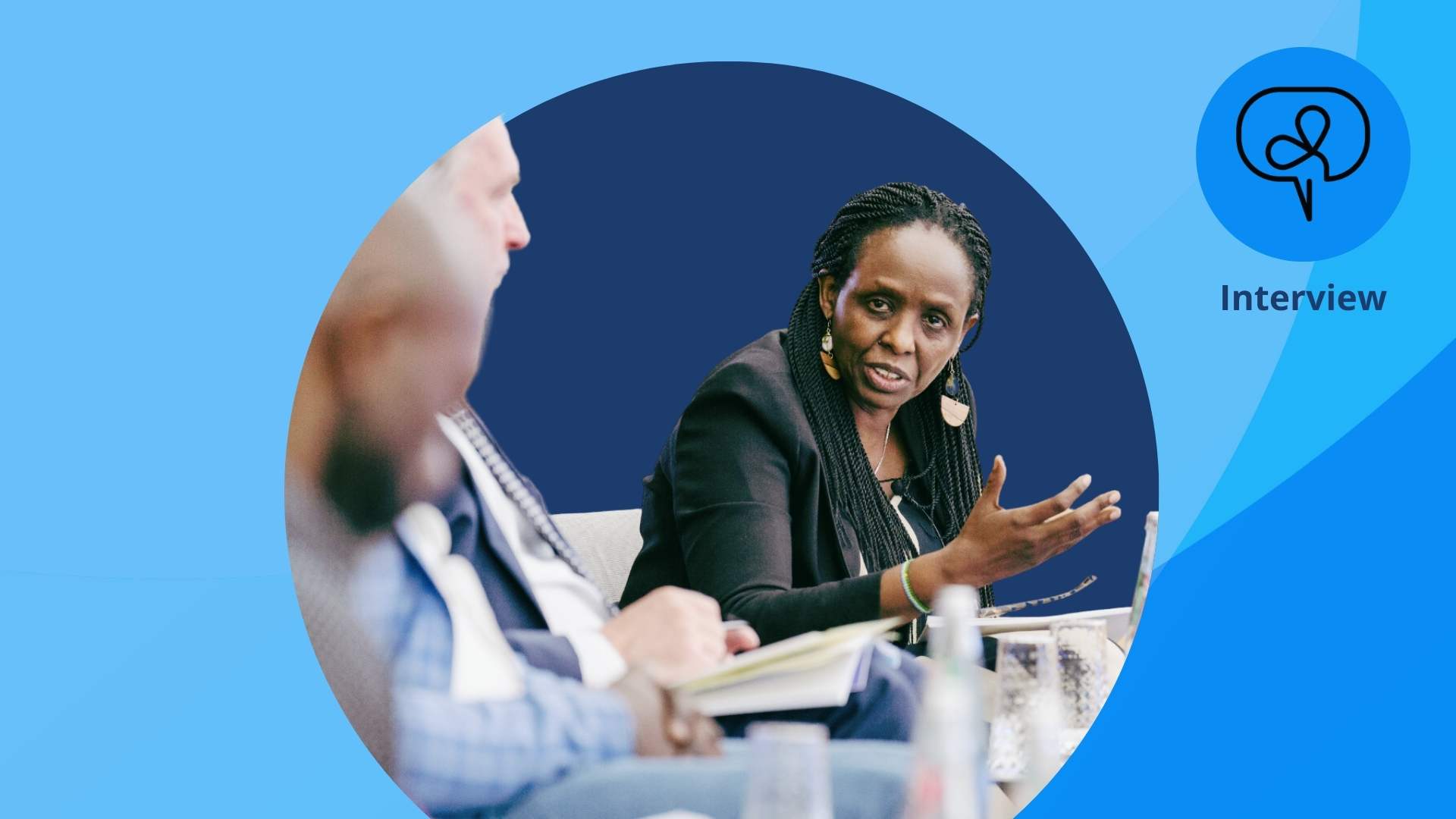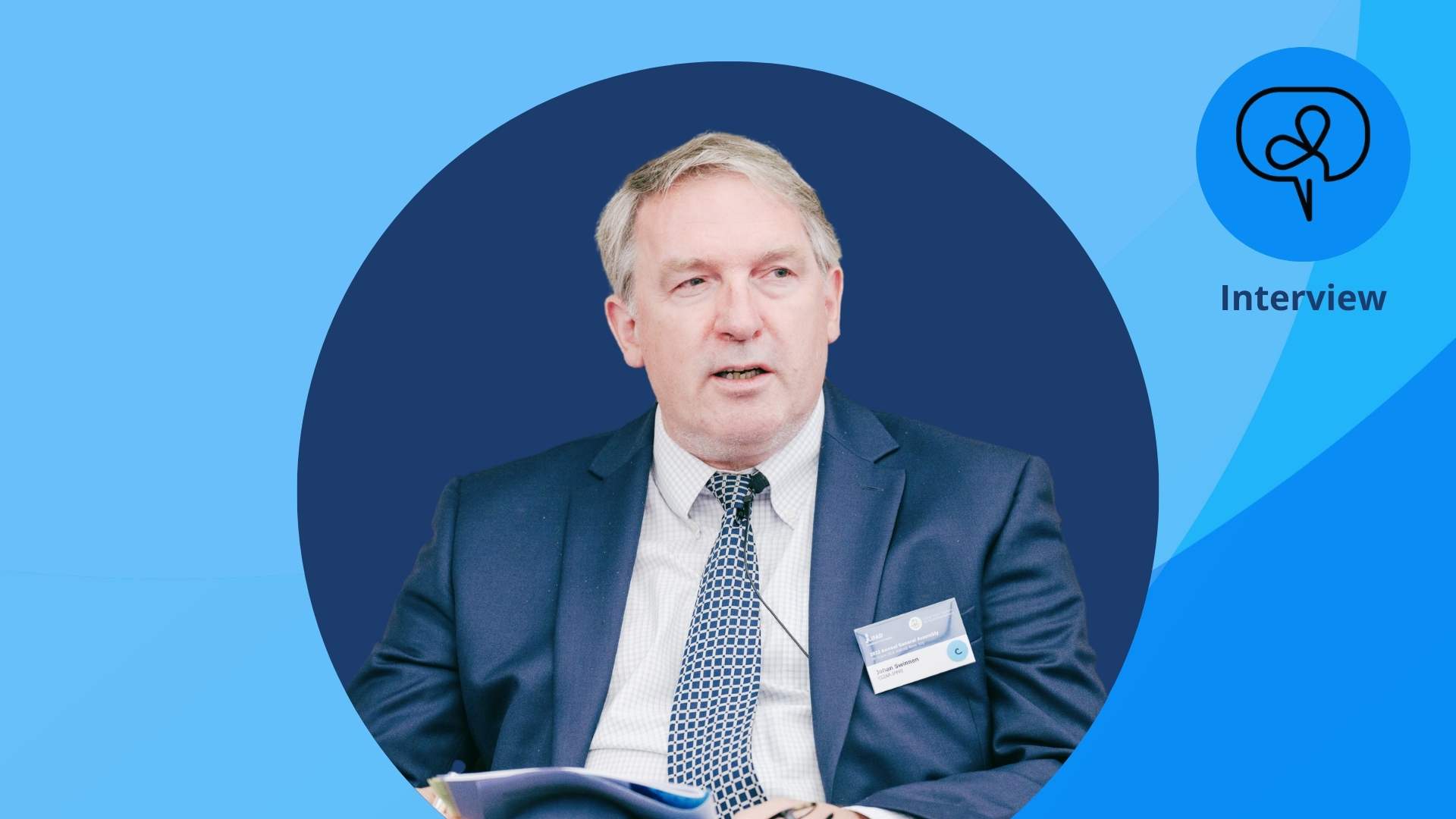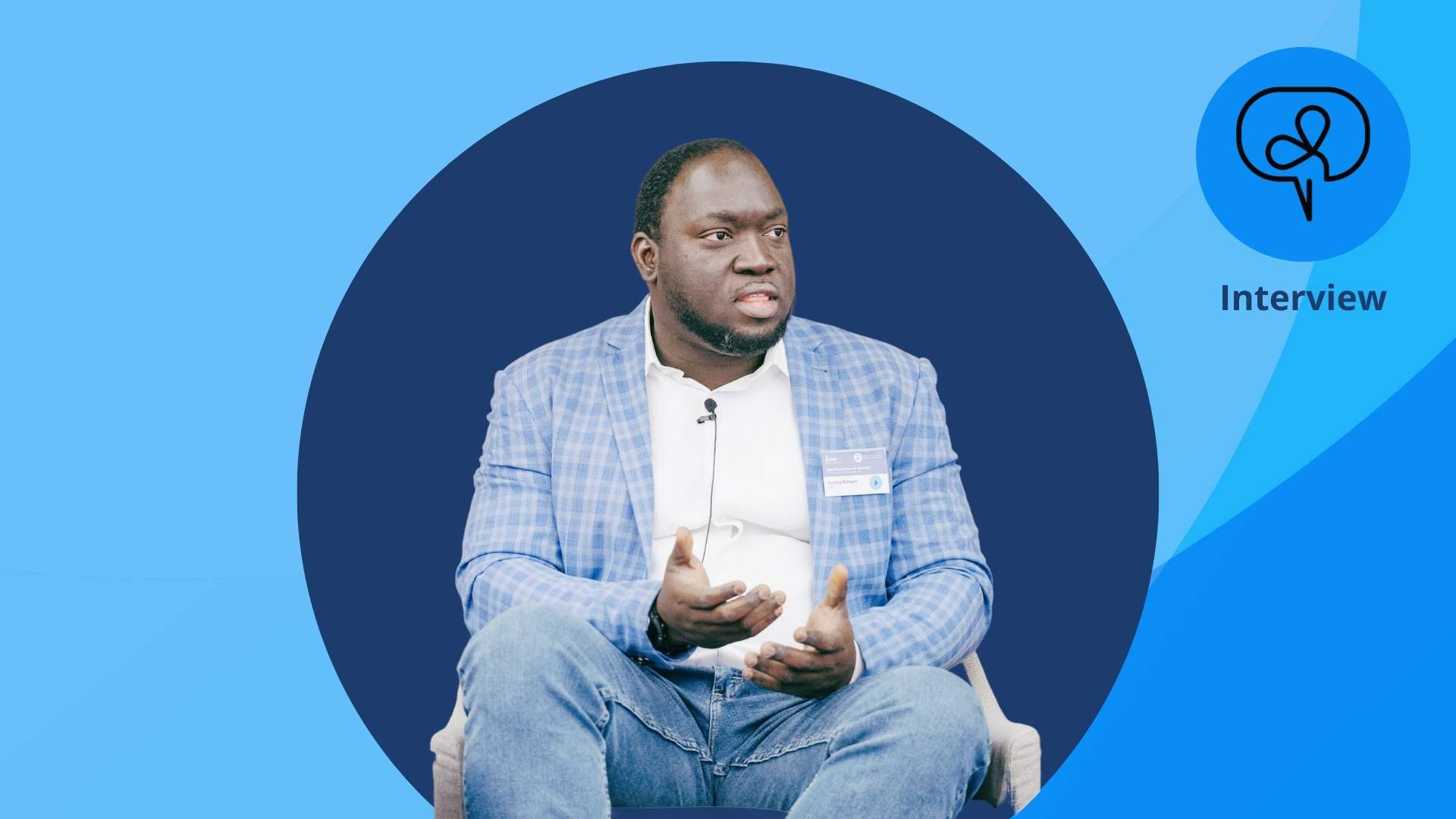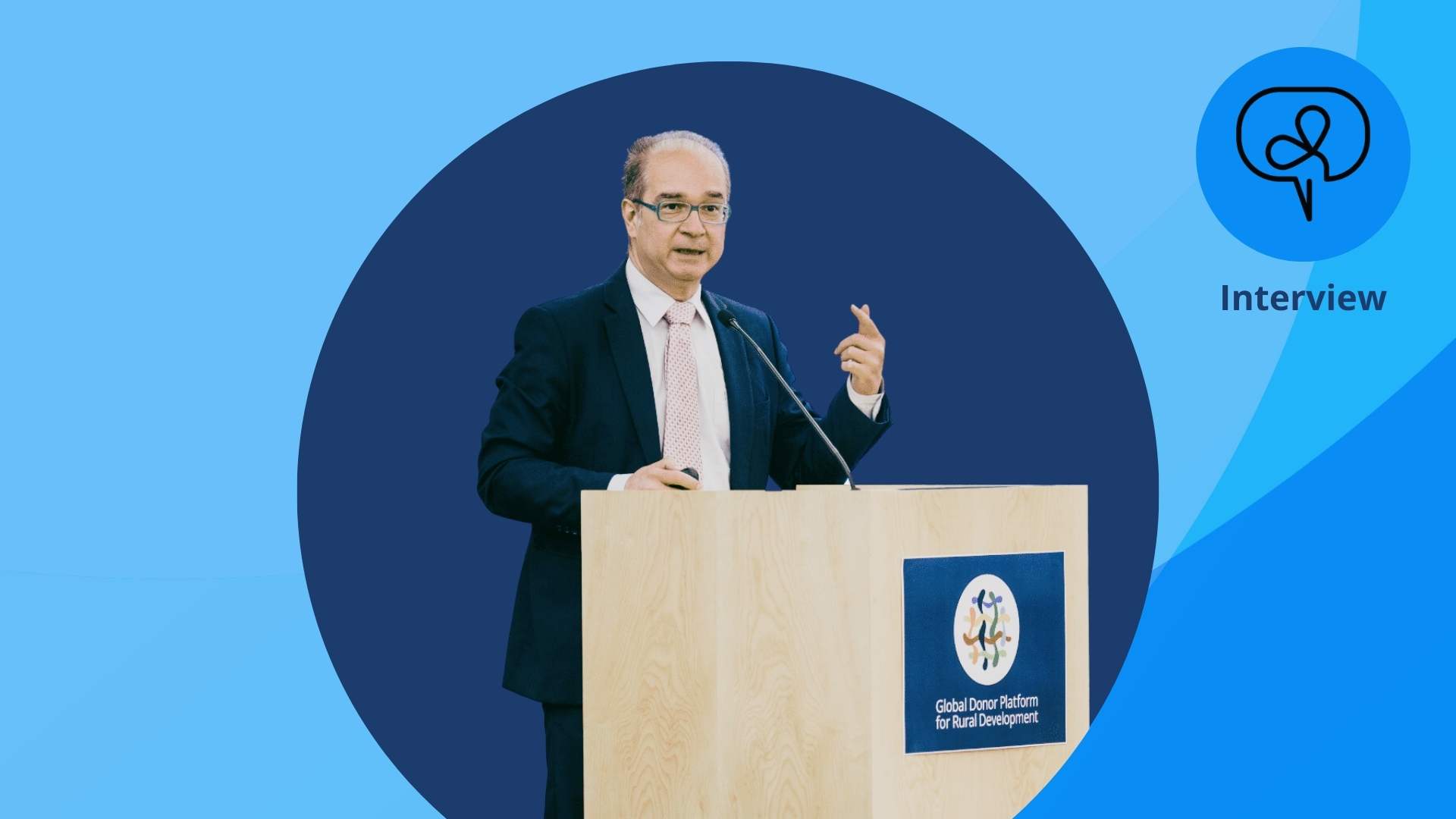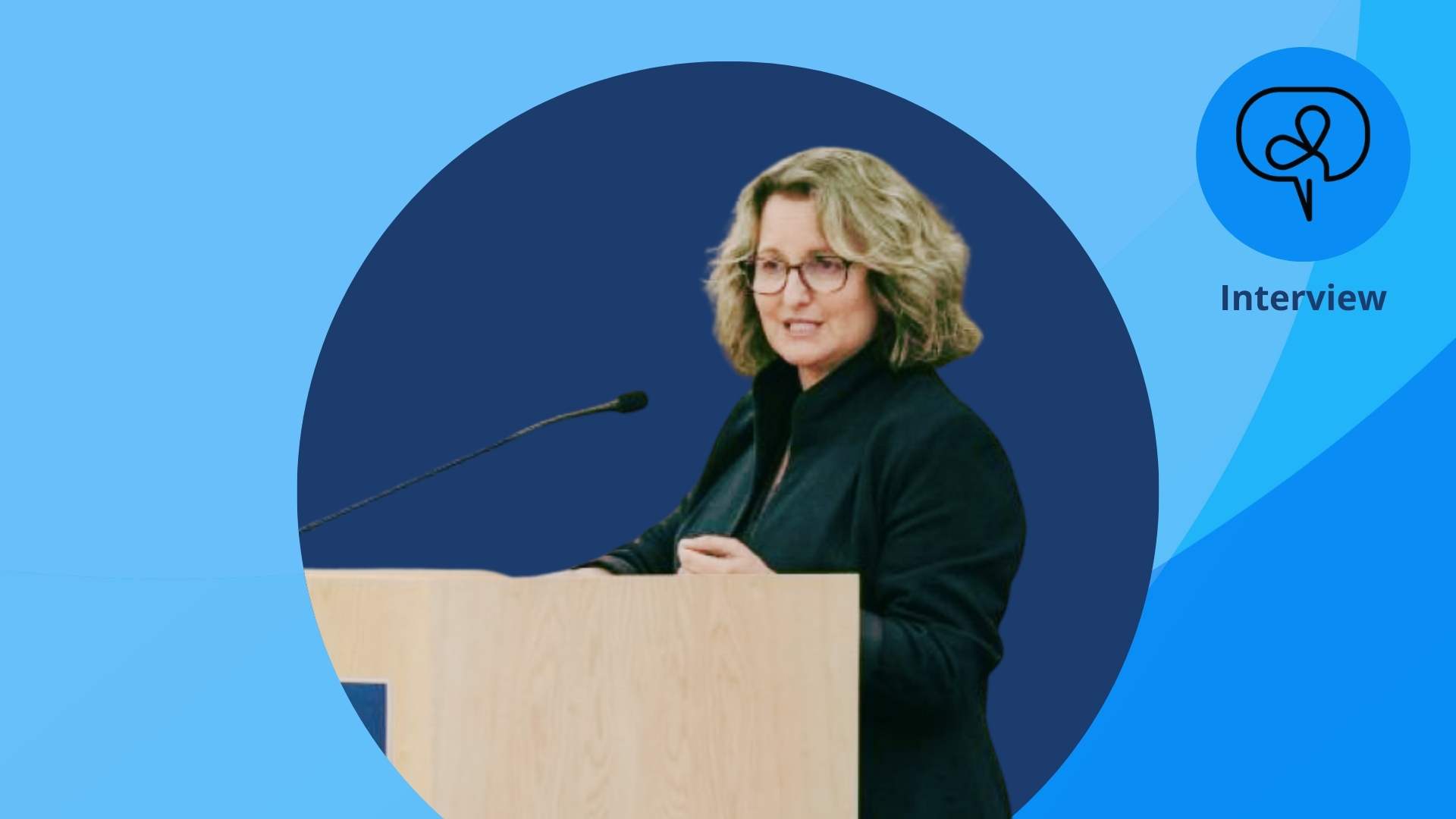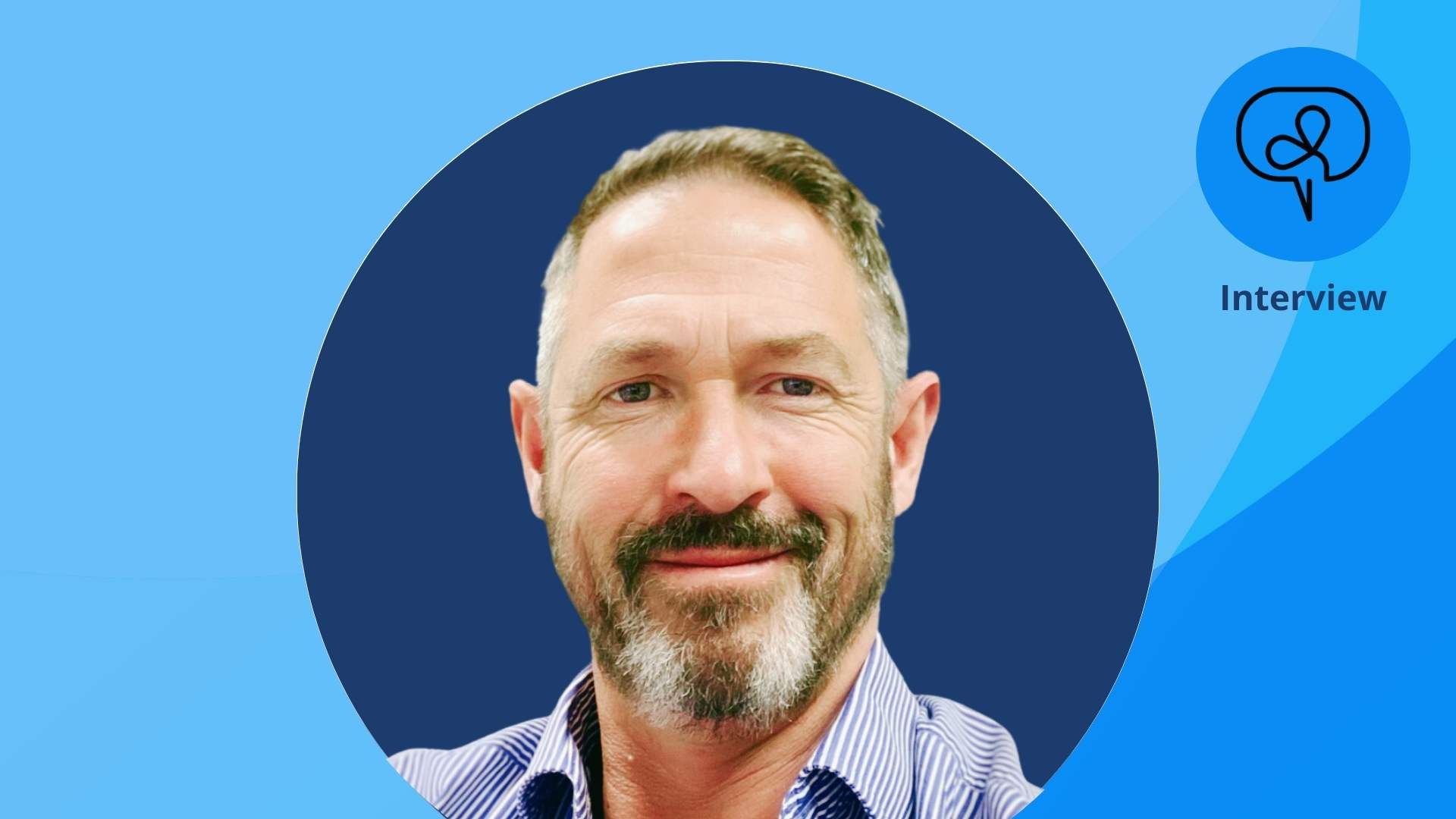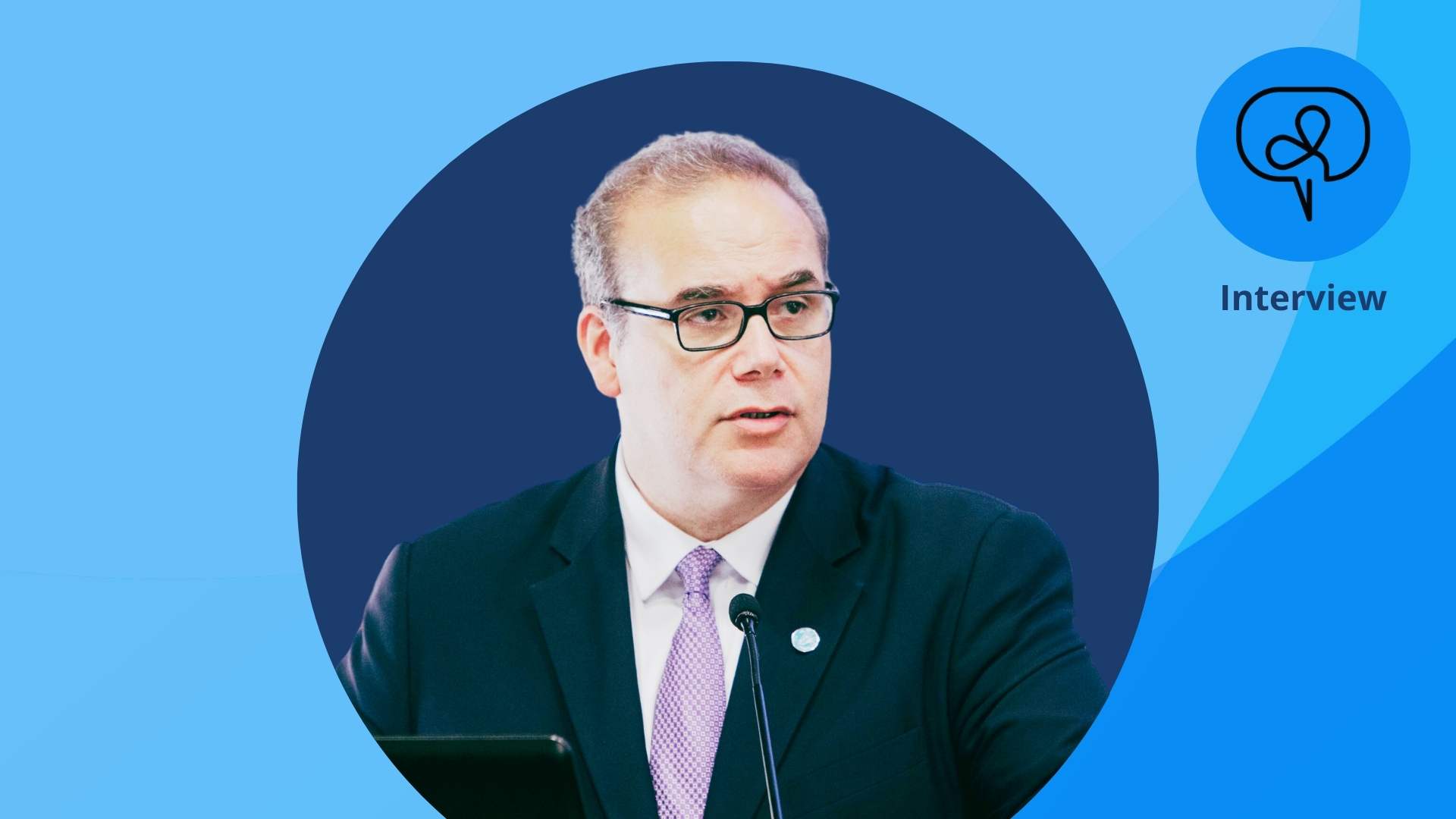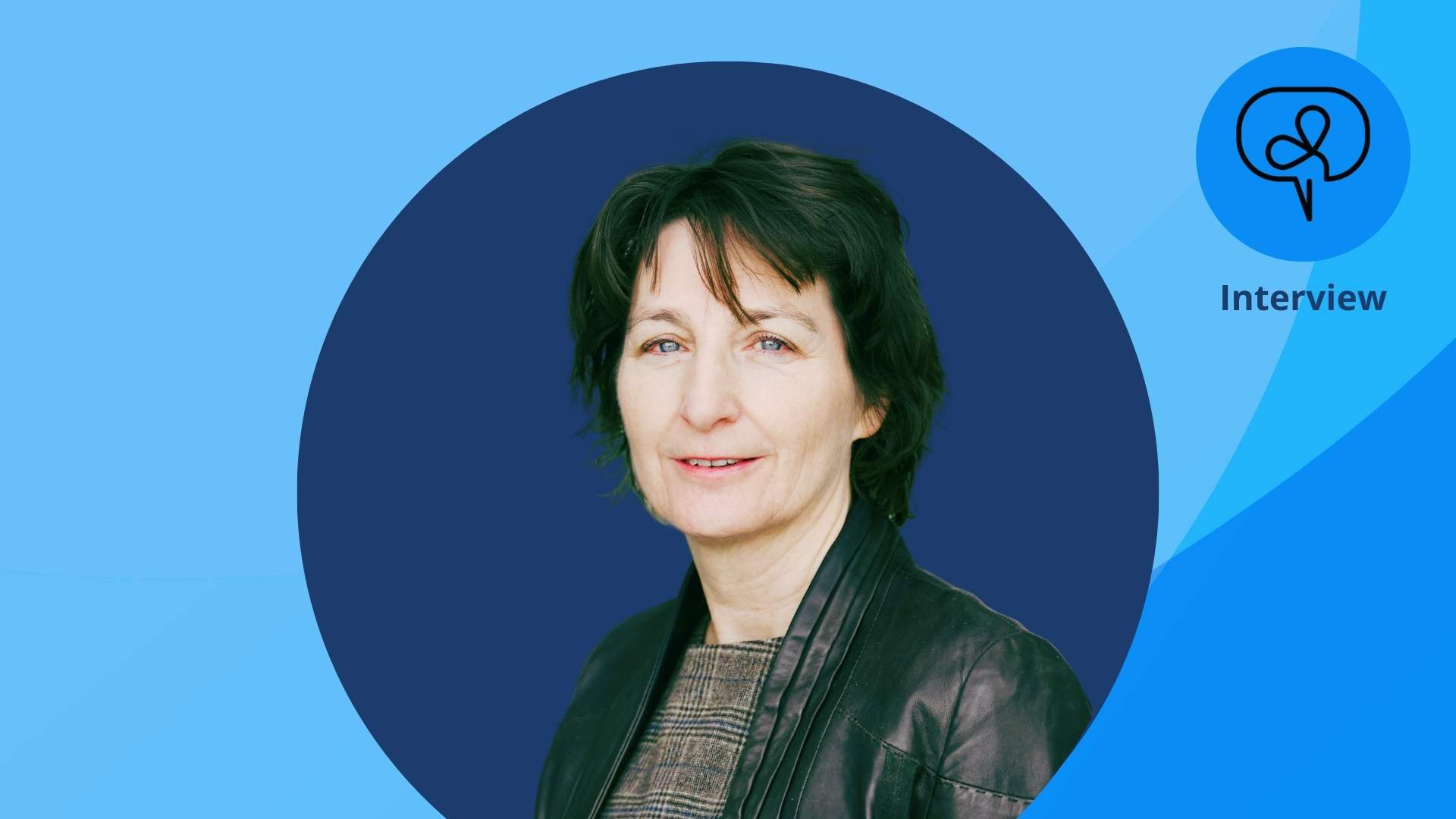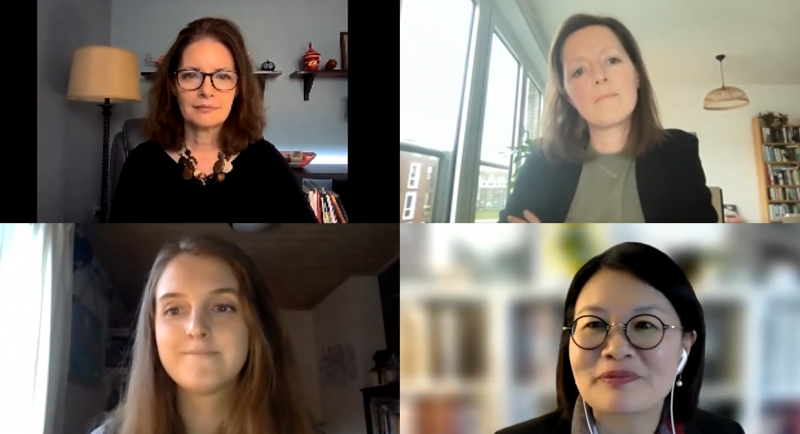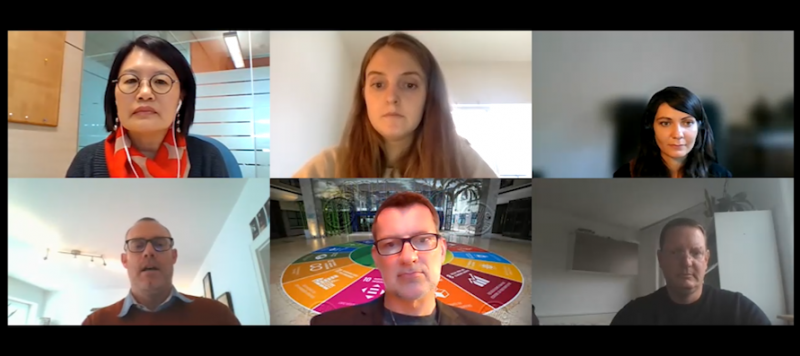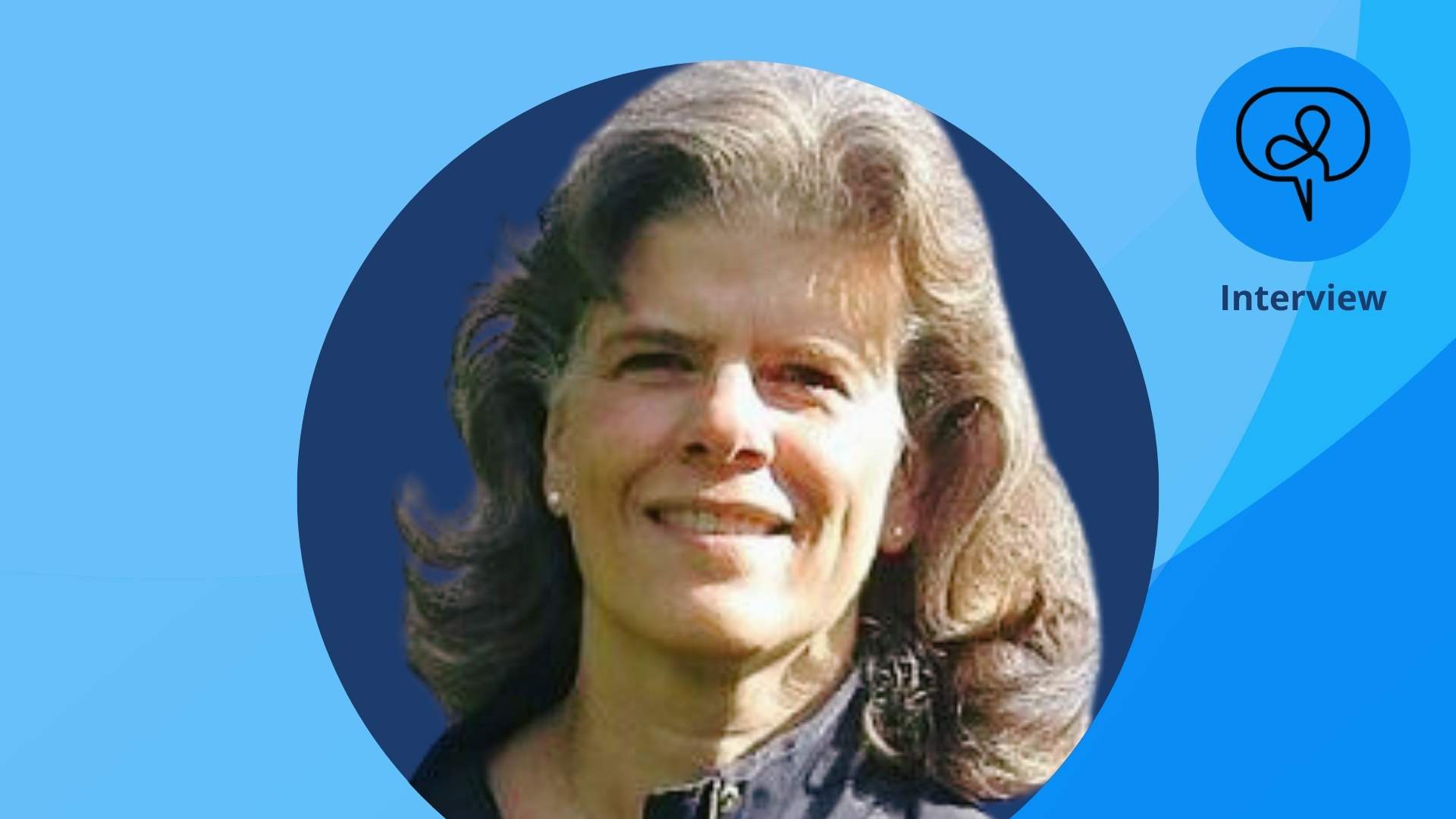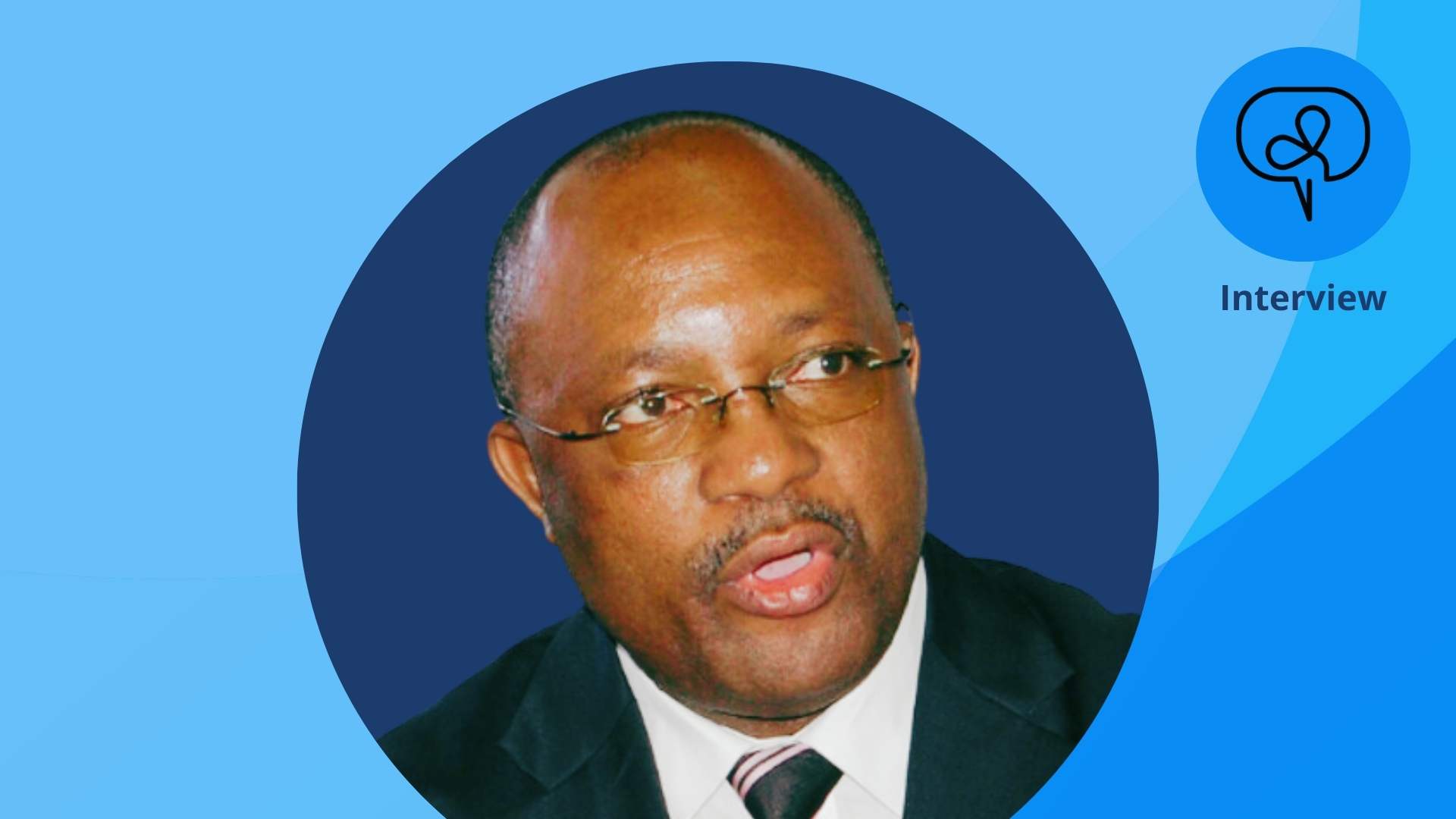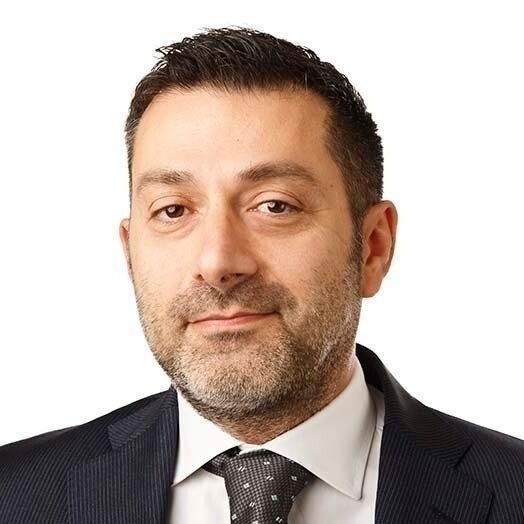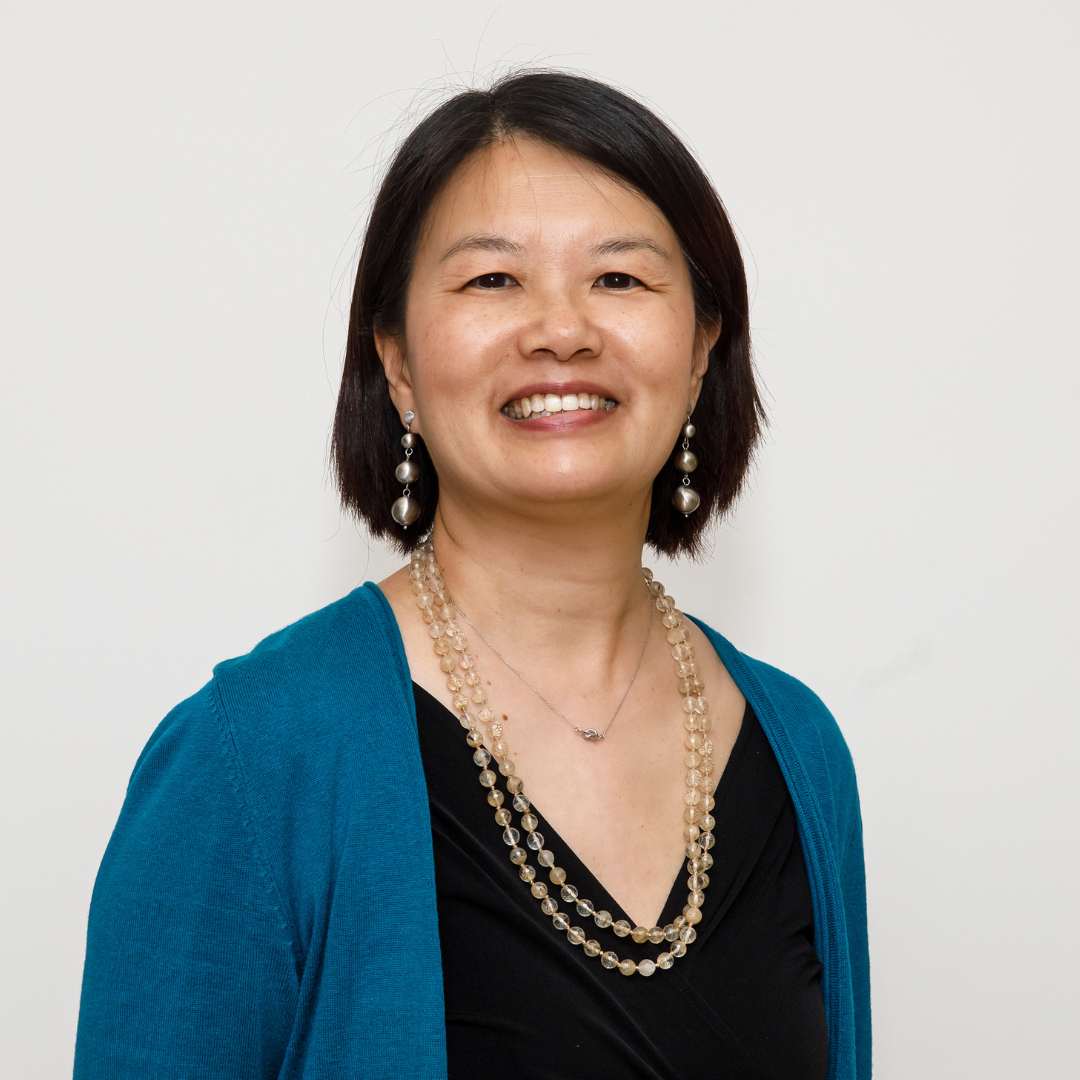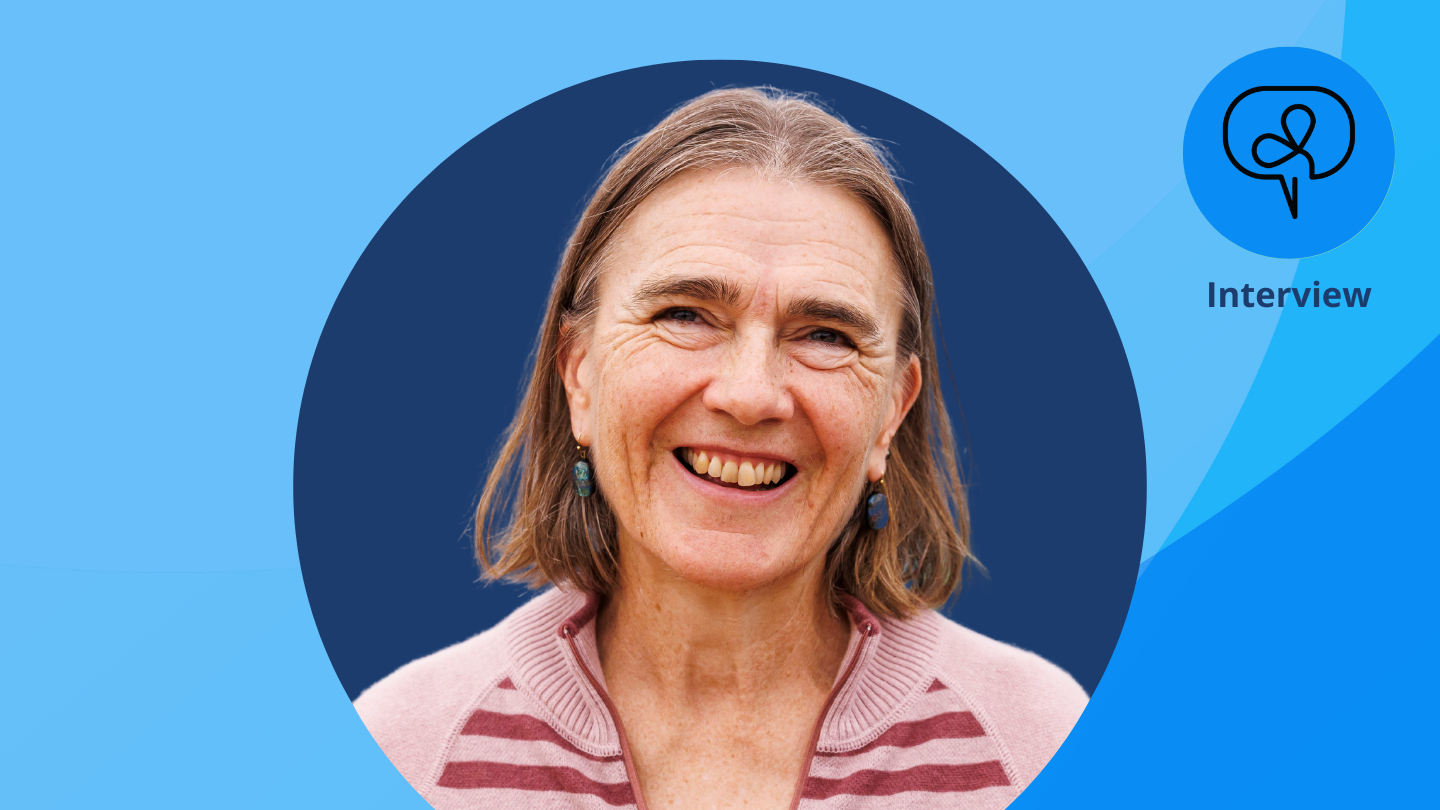
Spotlight Interviews with AGA 2023 speakers: A conversation with Sophia Murphy
The 2023 Annual General Assembly offered an opportunity to reflect on two decades of rural development and aid effectiveness. This interview series aims to reflect upon the shifts and changes that have taken place from the perspectives of diverse voices in the donor community.
Sophia Murphy is a food systems and international economy expert with 30 years of professional experience. She is currently the Executive Director of the Institute for Agriculture and Trade Policy (IATP).
GDPRD Secretariat/Michelle Tang: The 2023 Annual General Assembly is a moment to pause and reflect on 20 years of rural development and aid effectiveness. What have been the major shifts and what has truly made a difference?
Sophia Murphy: One of the biggest changes for me is the willingness of states to reengage in social policy and for the international system and the donor community to support that reengagement.
Twenty years ago, there was a strong sense that the state had to get out of the way of the market and encourage the market to make decisions.
We’ve changed a lot since then, most recently and dramatically with COVID-19 where states spent a lot of money, and it made a difference. Many states, including the poorest, had social protection channels through which to put money to provide income to even very poor households. That’s an important reminder of the state’s obligations and that the state and market have an interactive relationship.
Personally, the biggest change has been that many people in my life, from my hairdresser to my grandmother, are now willing to understand food issues in a way they didn't before. They used to need explaining why agriculture mattered.
That makes everybody's life easier in our world of policy and food security change.
Sophia Murphy | Director, Institute for Agriculture and Trade Policy (IATP). This video is from a recording of the interview, conducted by the Secretariat of the Global Donor Platform for Rural Development in Rome, Italy on 26 October 2023.
Michelle: Looking at the next 20 years, what needs to happen to truly make a difference in rural communities and tackle food insecurity? What is the key ingredient in getting donors to coordinate better and with tangible results?
Sophia: The most important thing for rural communities is to have a greater share of the economic benefits of agriculture. In developed countries, some of the highest incidences of poverty and exclusion are in rural communities. Money in food systems is not being made on the farm but rather in more concentrated capital processing like food processing centres.
For rural communities to thrive, we need a different model for agriculture that does a better job of capturing capital locally and circulating that capital locally. In the next 20 years, it's going to become more important because there's no resilience without that and we forecast more and larger shocks to the food system as climate change continues inexorably.
In terms of donors and coordination, that’s a big challenge. The fact that development organizations need to answer to taxpayers and leadership interests that often shift, it's hard to then expect cooperation. I appreciate that the Global Donor Platform is a place where these conversations happen, which is crucial. Just allowing people to meet and know one another is already a soft part of helping coordination come about.
Michelle: You played a part in developing the influential CERES2030 report. Do you see the report findings being adequately taken up and used to further food systems transformation?
Sophia: I was part of the project for two critical years. One reassuring thing is that in the deep dive into which interventions work, we didn't turn up anything unexpected. We confirmed that much of what we're doing matters and that we need more of it such as social networks and peer support for farm workers and people in rural communities.
Ceres2030 provided a summary of the science and a clear statement about what worked. It showed the dynamic effects and trade-offs, and how to ensure that what we do has positive spin-offs rather than undermining our objectives. It was all things we knew but confirmed.
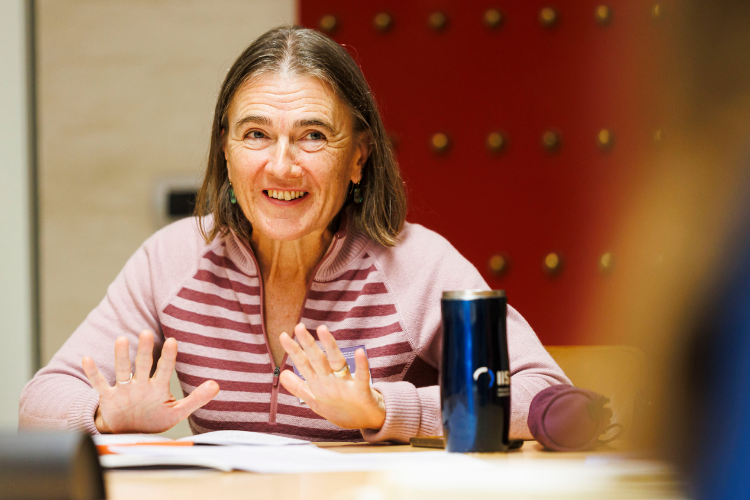
Sophia was the Opening Lead Speaker during the 2023 AGA breakout session on Conflict, Resilience, Risk and Fragility.
Share
For rural communities to thrive, we need a different model for agriculture that does a better job of capturing capital locally and circulating that capital locally.
Michelle: Your work focuses extensively on the importance of resilient food systems. In these times of crisis, how can we continue to build resilience while also addressing multiple and overlapping emergencies?
Sophia: This is what Ceres 2030 pointed to, that we should be deliberate about what resilience looks like from an international assistance perspective. I would say it's health, social networking, and making sure communities including women and farm workers are not isolated. We know vulnerable communities have more needs than others and those with education and land tenure have more resilience.
We have a range of things that will allow a local community to withstand a shock. It could be managing our freshwater in countries that are investing and paying attention to soil health. We have international tools like agricultural marketing and information systems, to reduce the likelihood of a shock in case of a sudden breakdown in the supply chain like what has happened with the invasion of Ukraine, or a breakdown in production, which can happen with a bad El Niño.
It's understanding that we need some redundancy and allowing the cost of insurance as a way to create efficiency. It's how you don't lose everything the next time there's a shock to the system. We've seen large setbacks in ending hunger when there hasn't been proper risk management in place. If we count that as an efficient way to protect our resources, we'll be building resilience.
Finally, for much of history, rural areas and food production have been a safety net for people who didn't rely on the state. One of the oldest classic ways is to have land or a place in a rural community to go back to, where you can get food. We need to persuade private and public investments in that resilience.
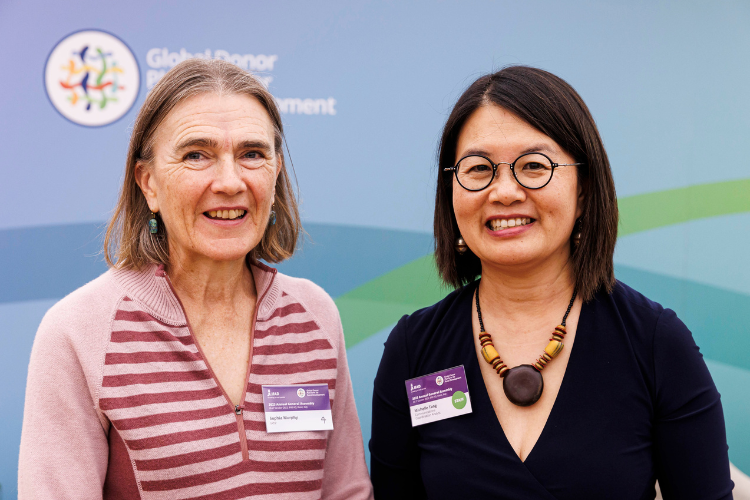
Sophia Murphy interviewed by the GDPRD Secretariat at the Annual General Assembly on 26 October 2023 at IFAD HQ in Rome, Italy.
Photos: ©IFAD/Flavio Ianniello

